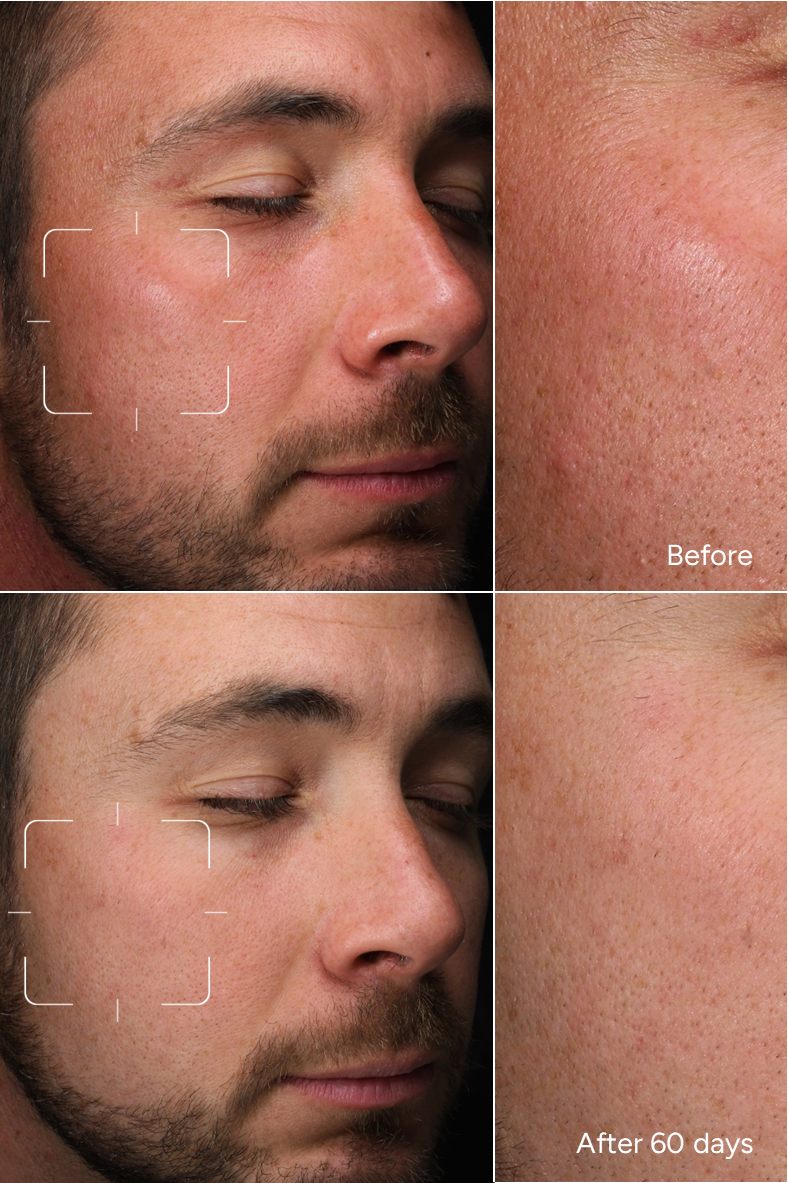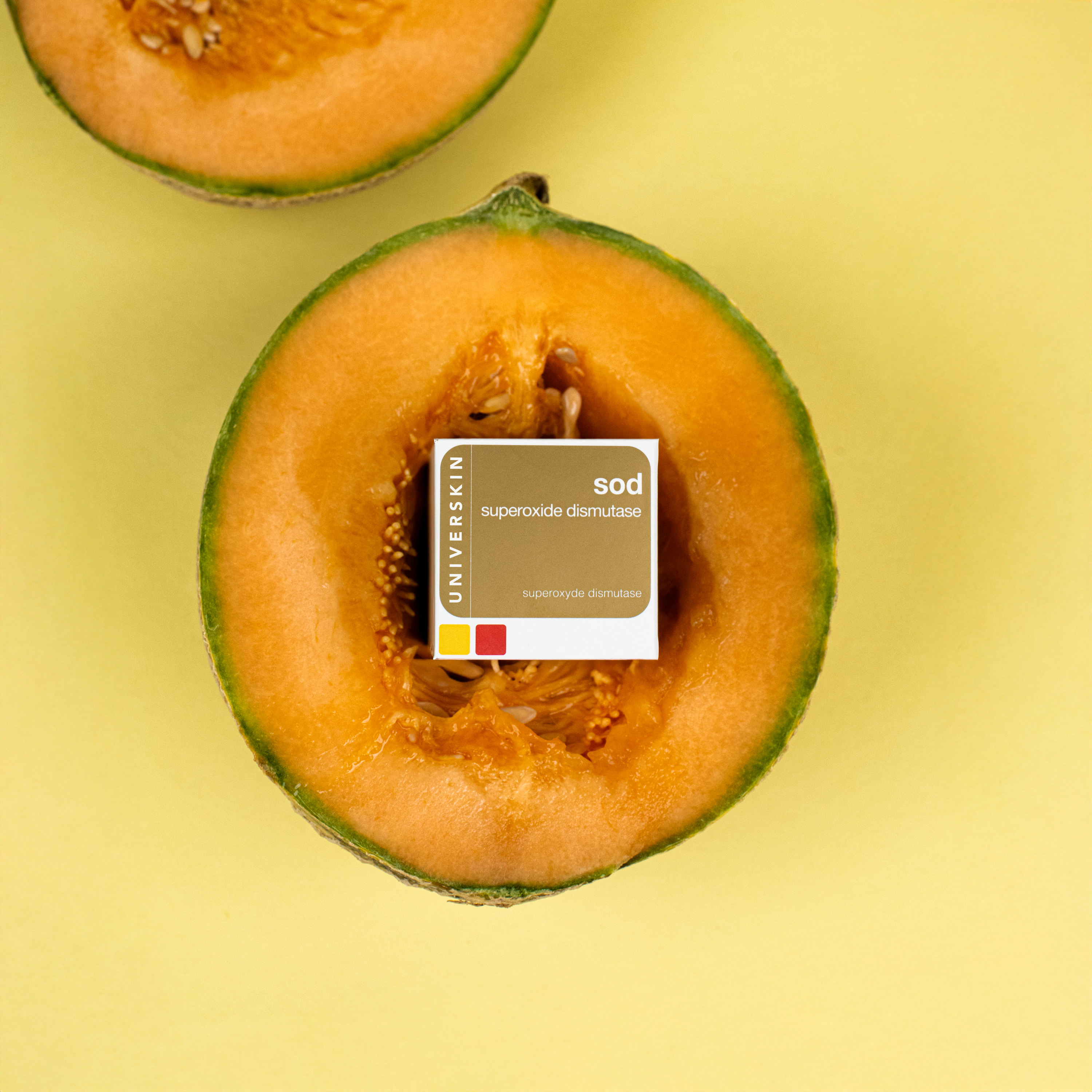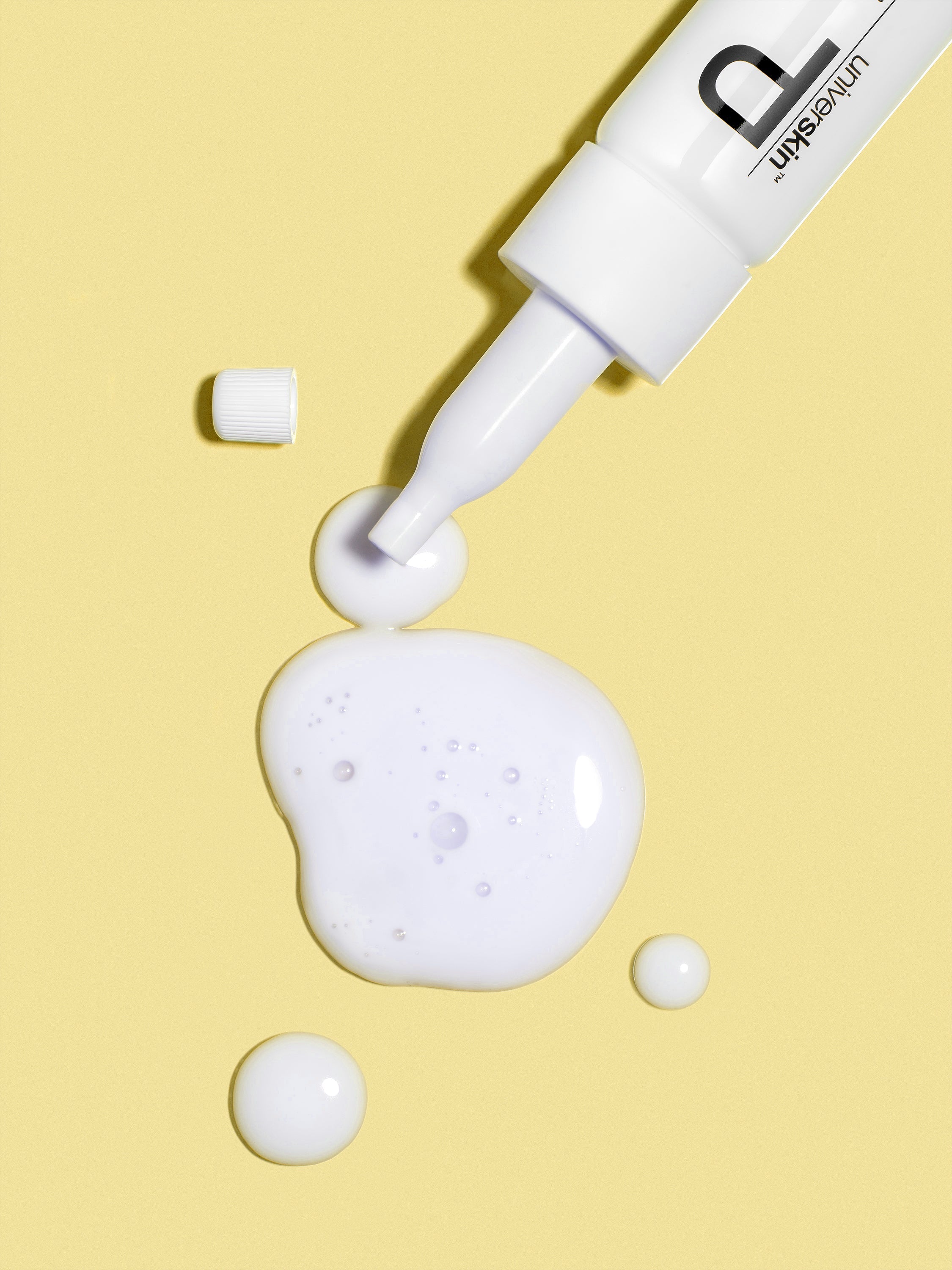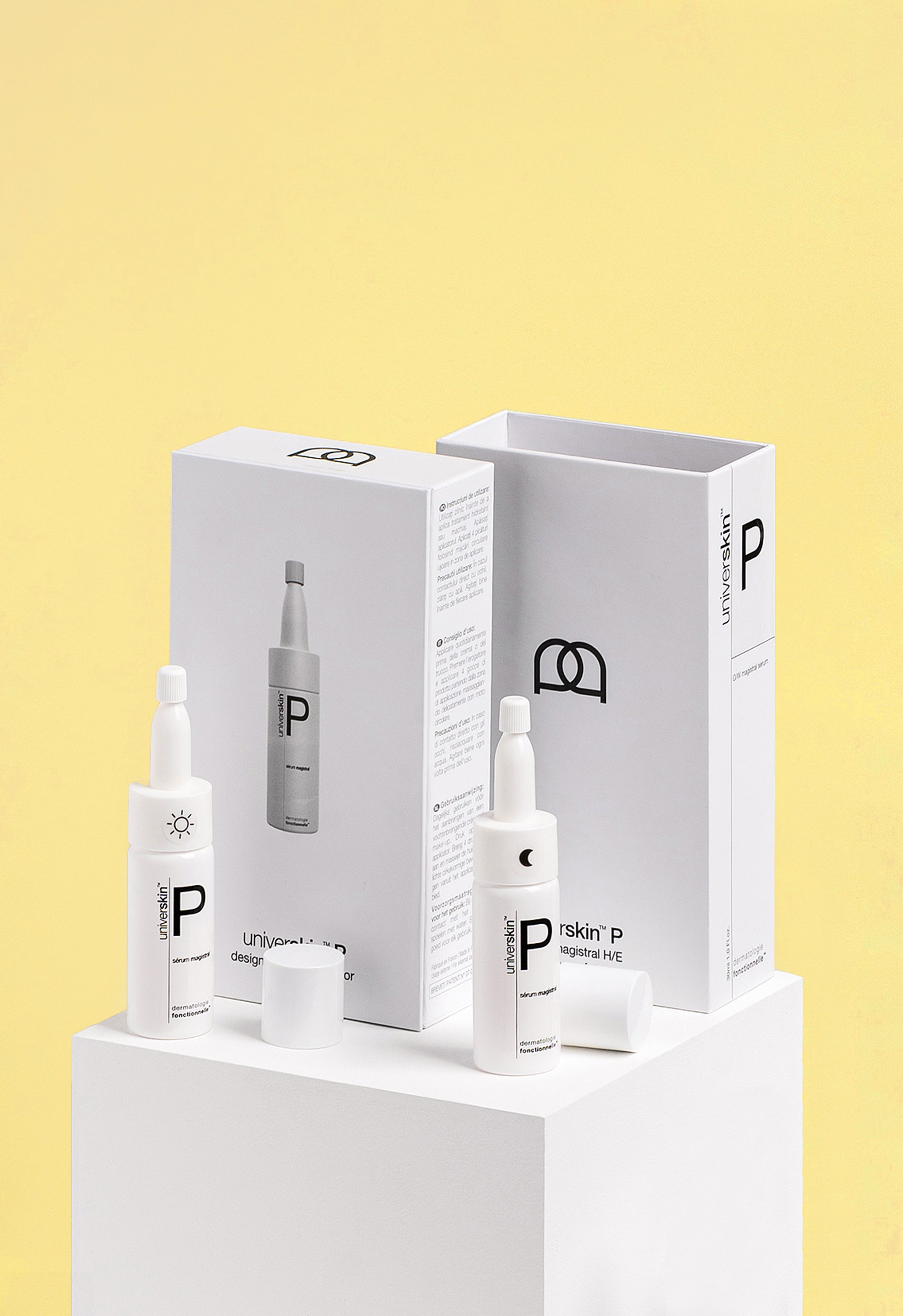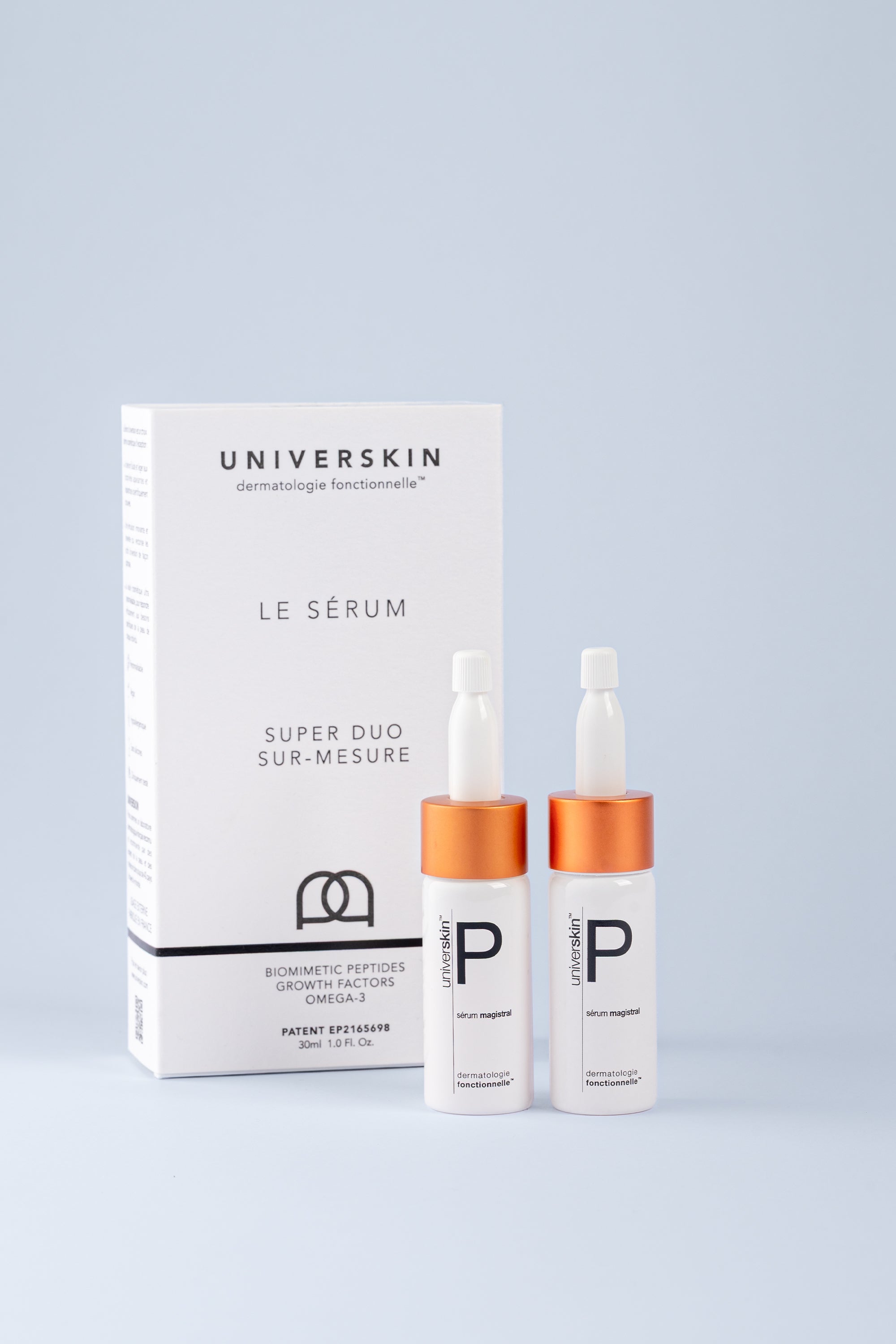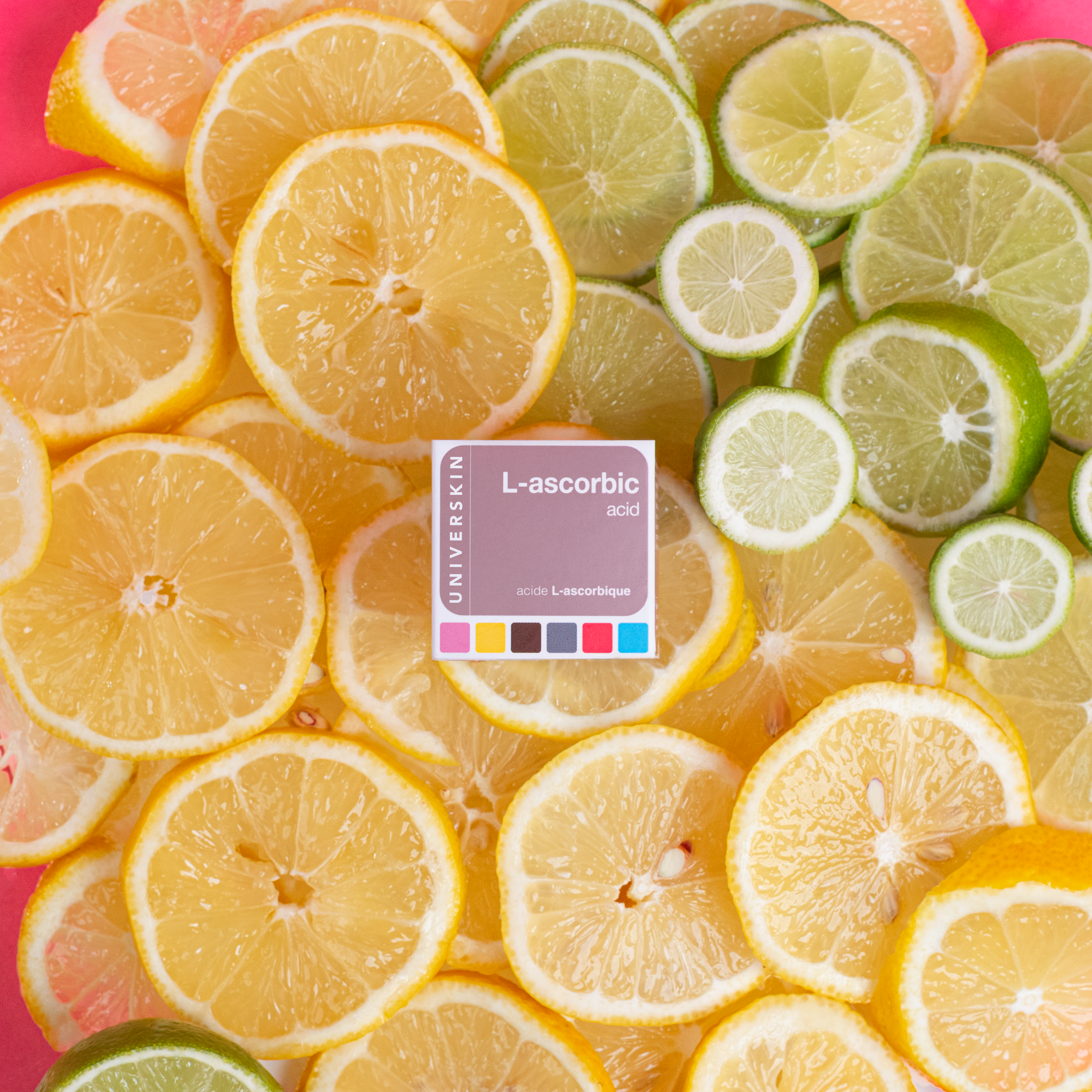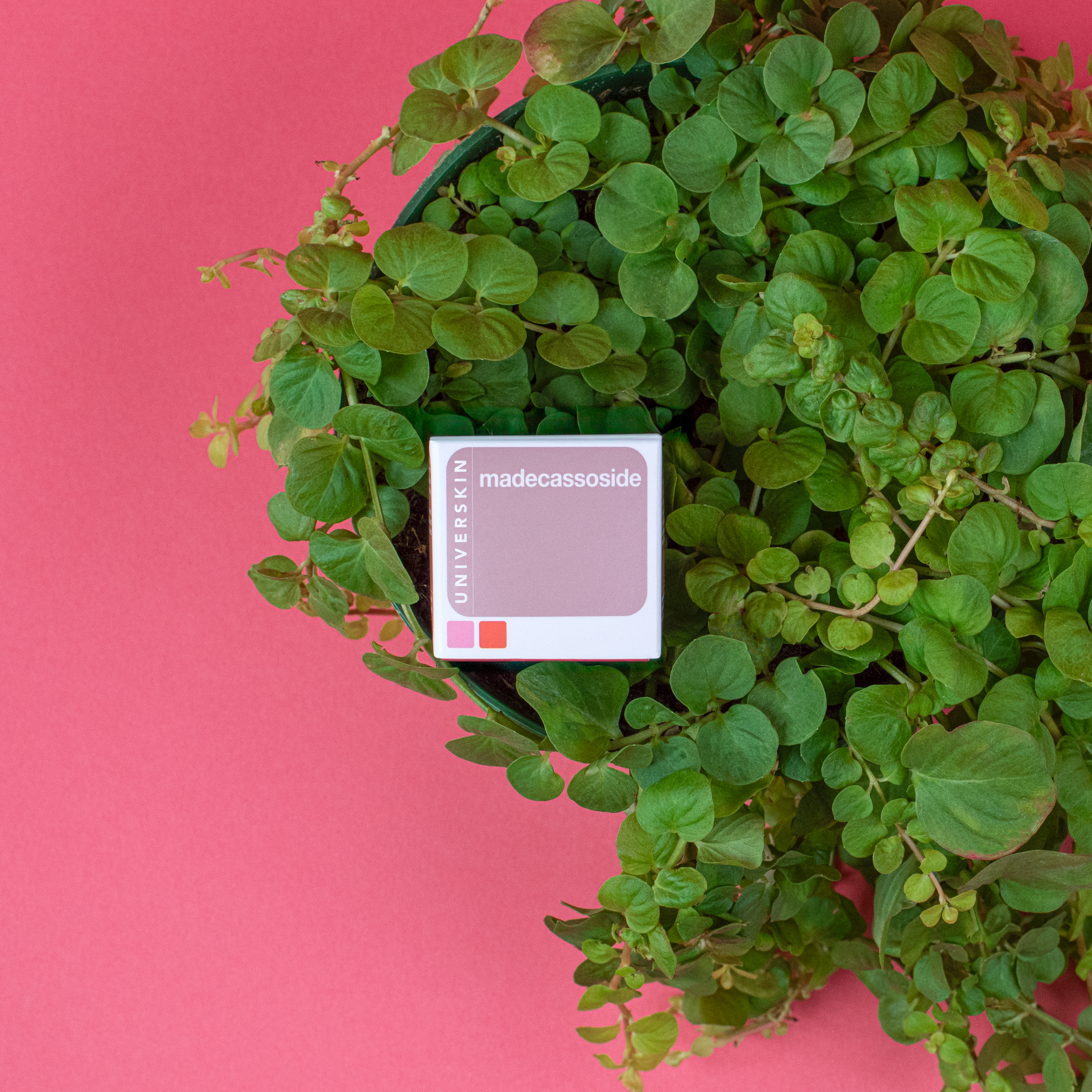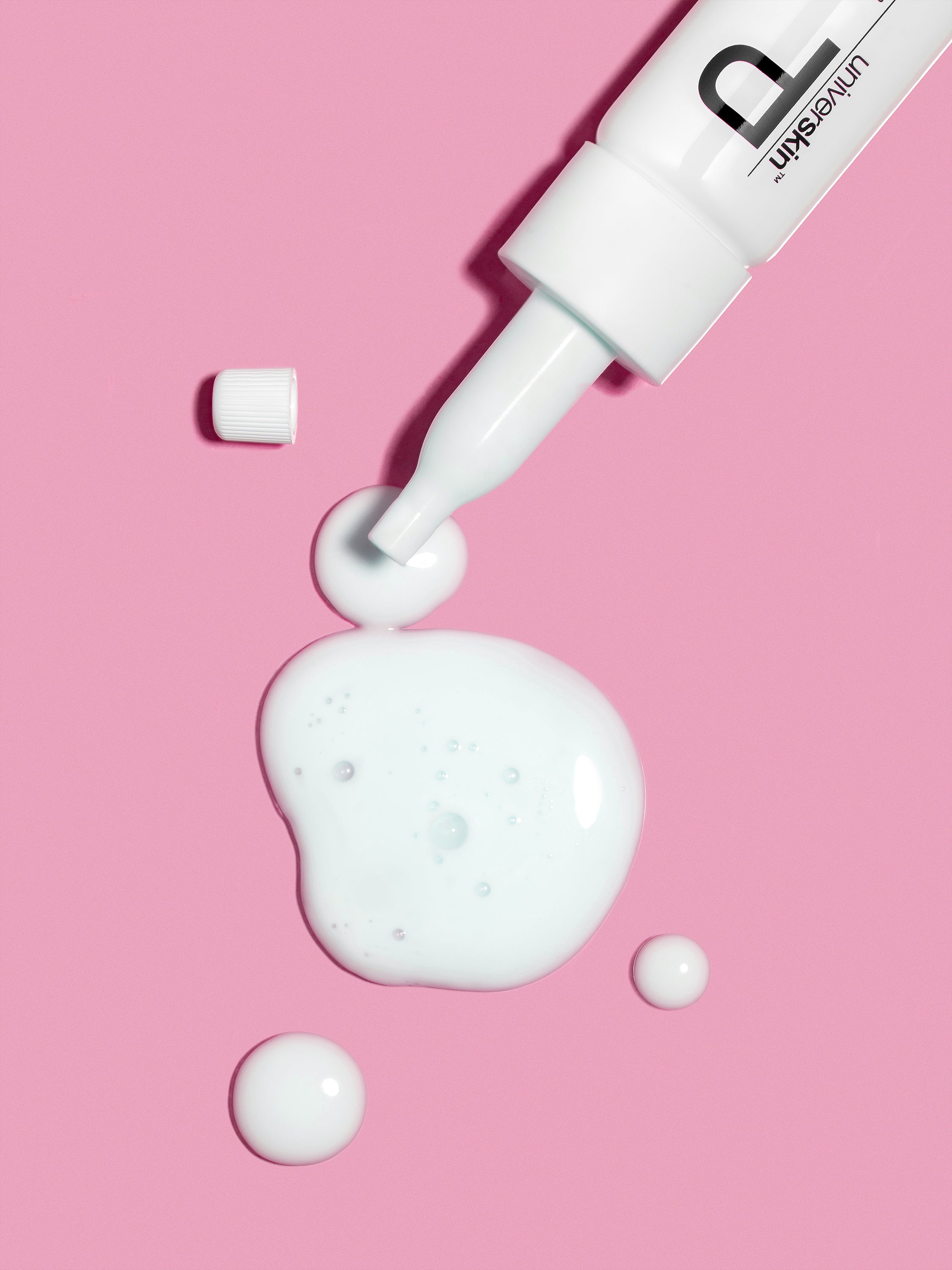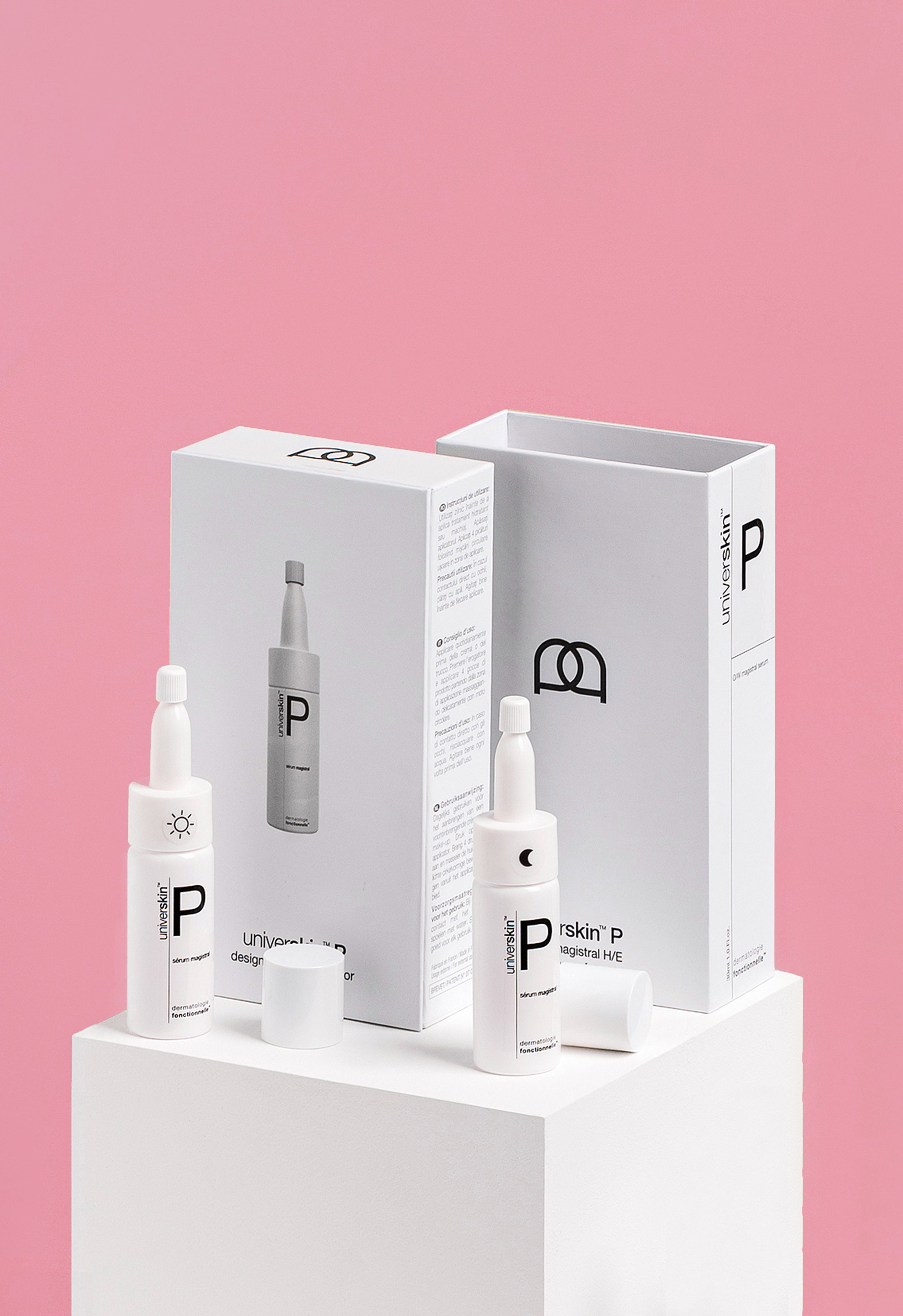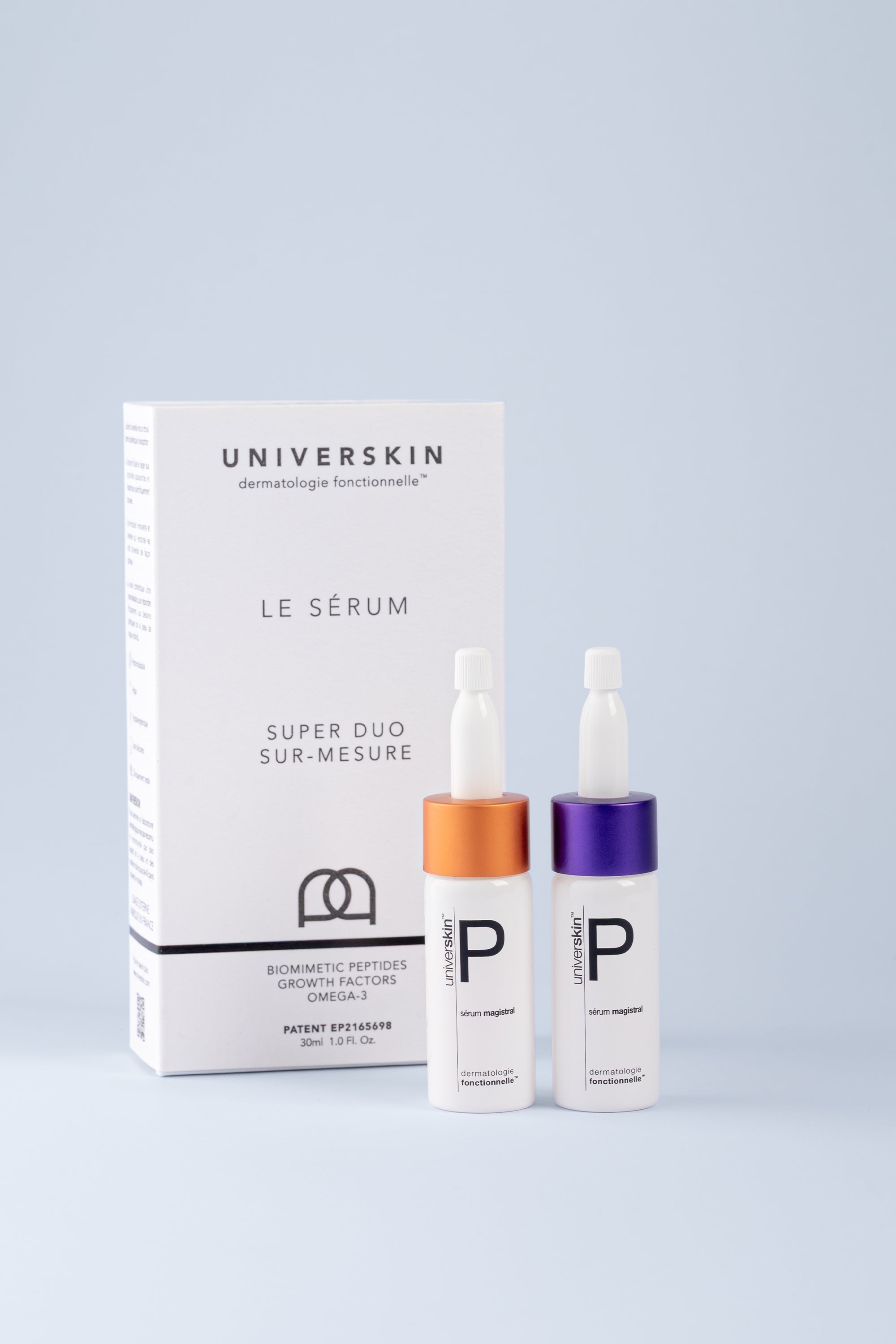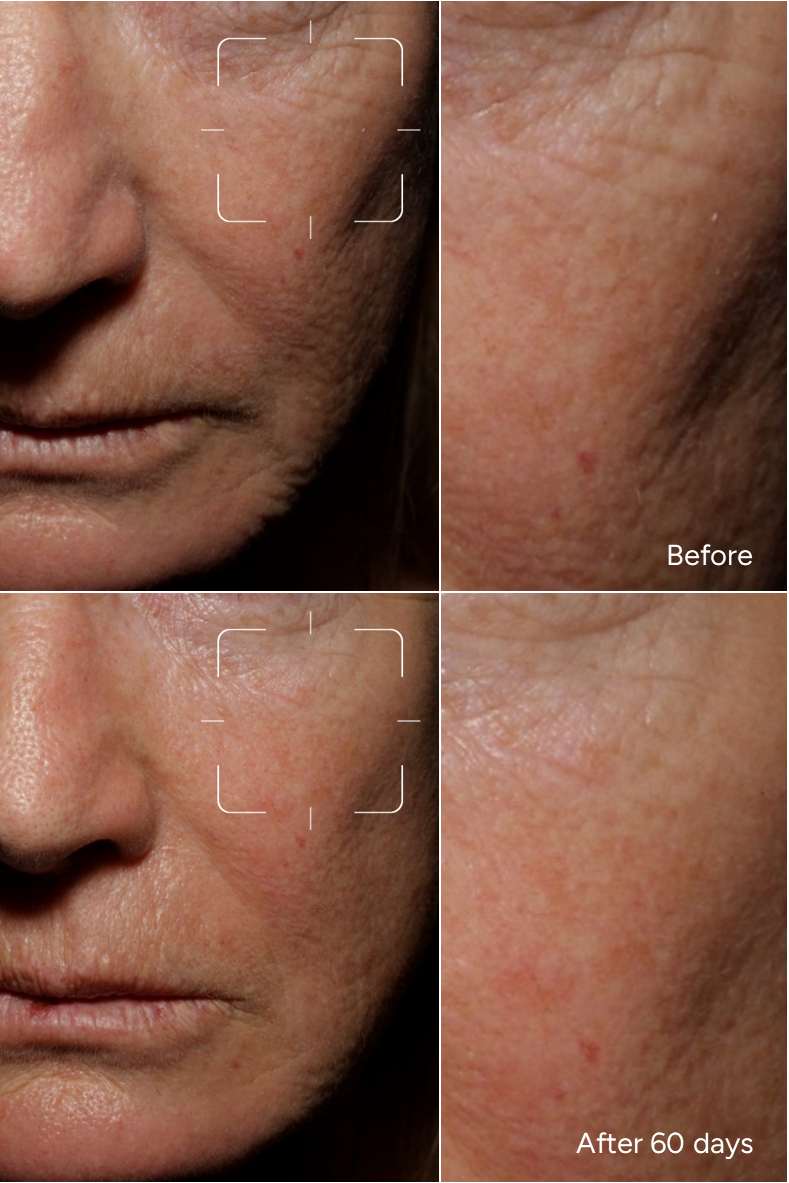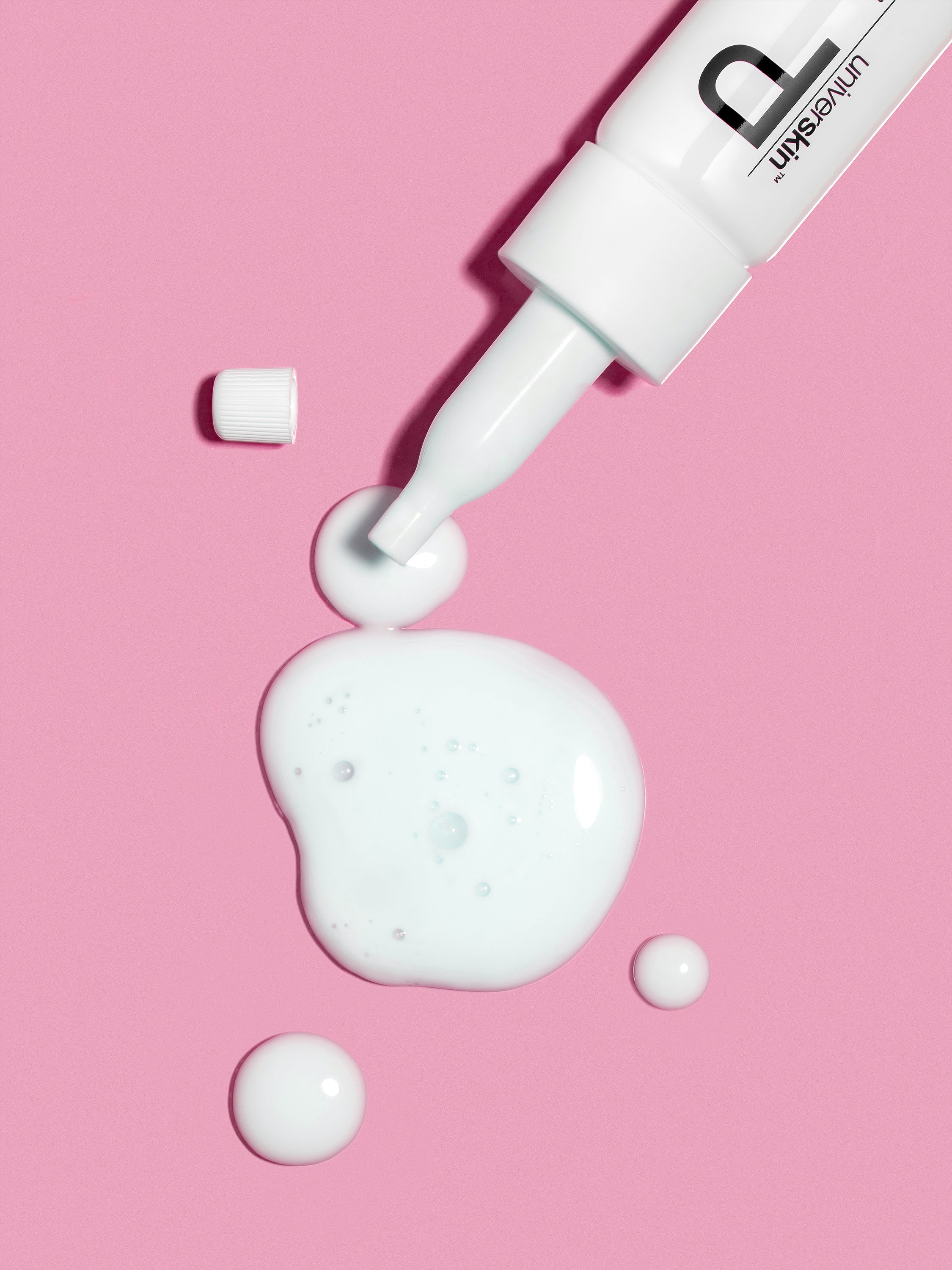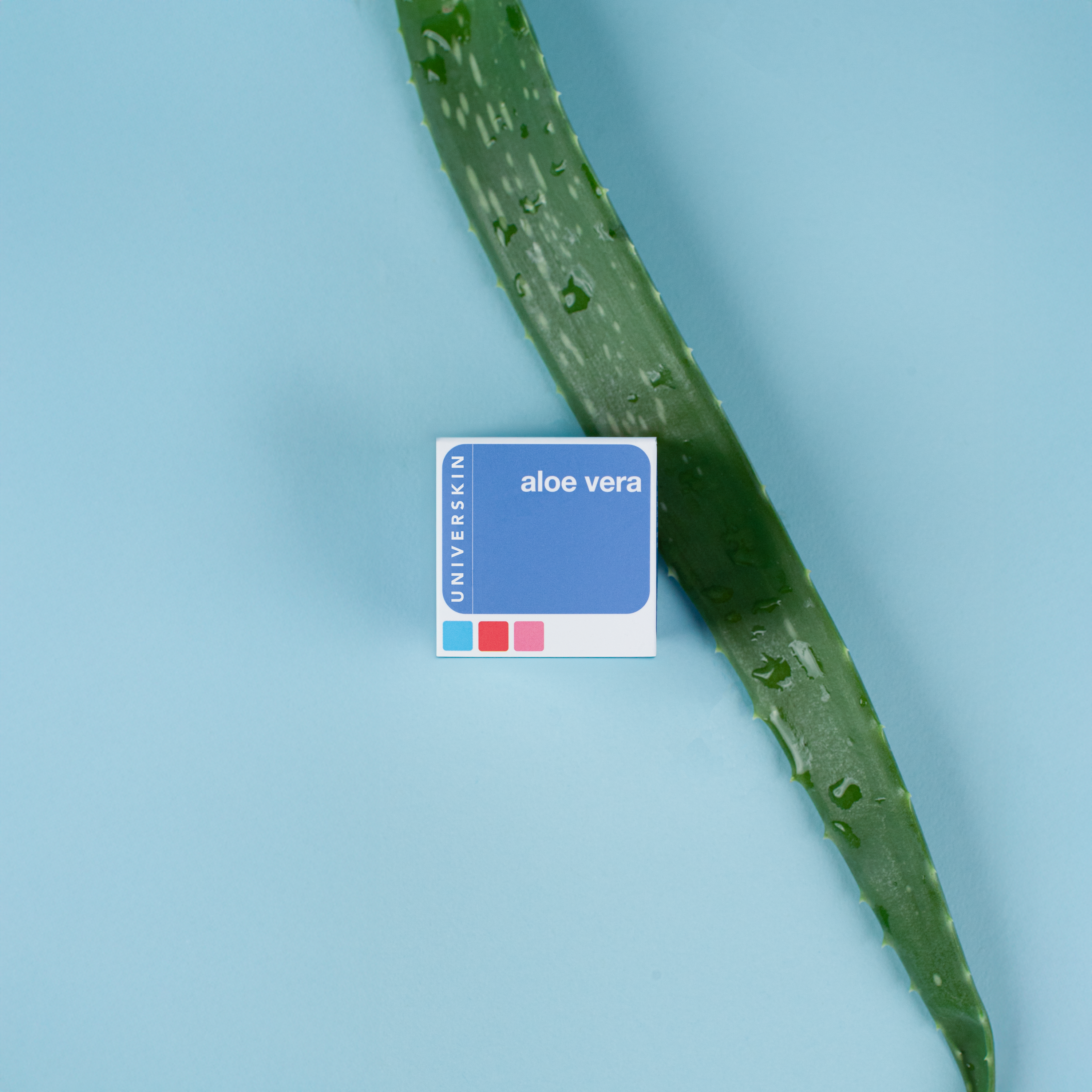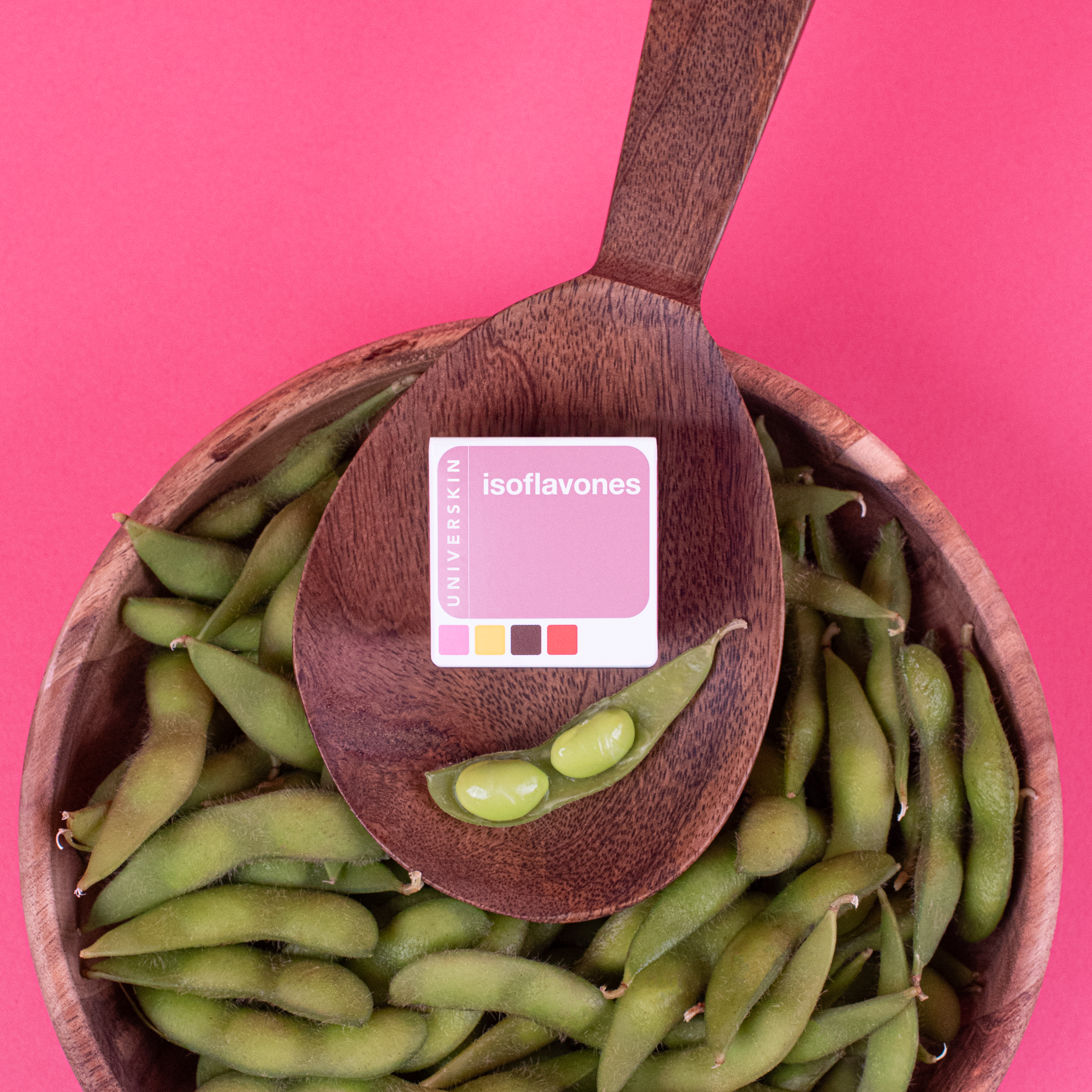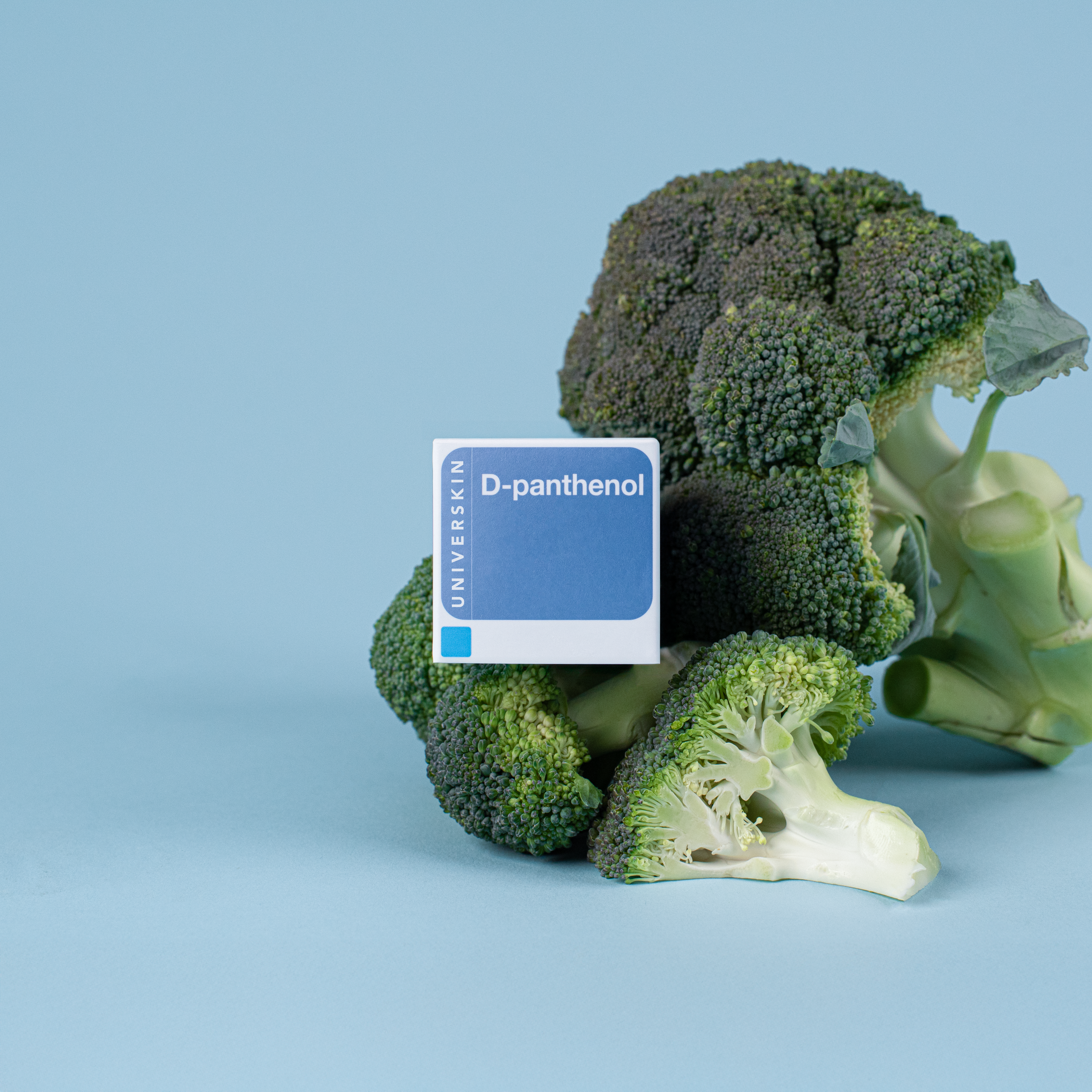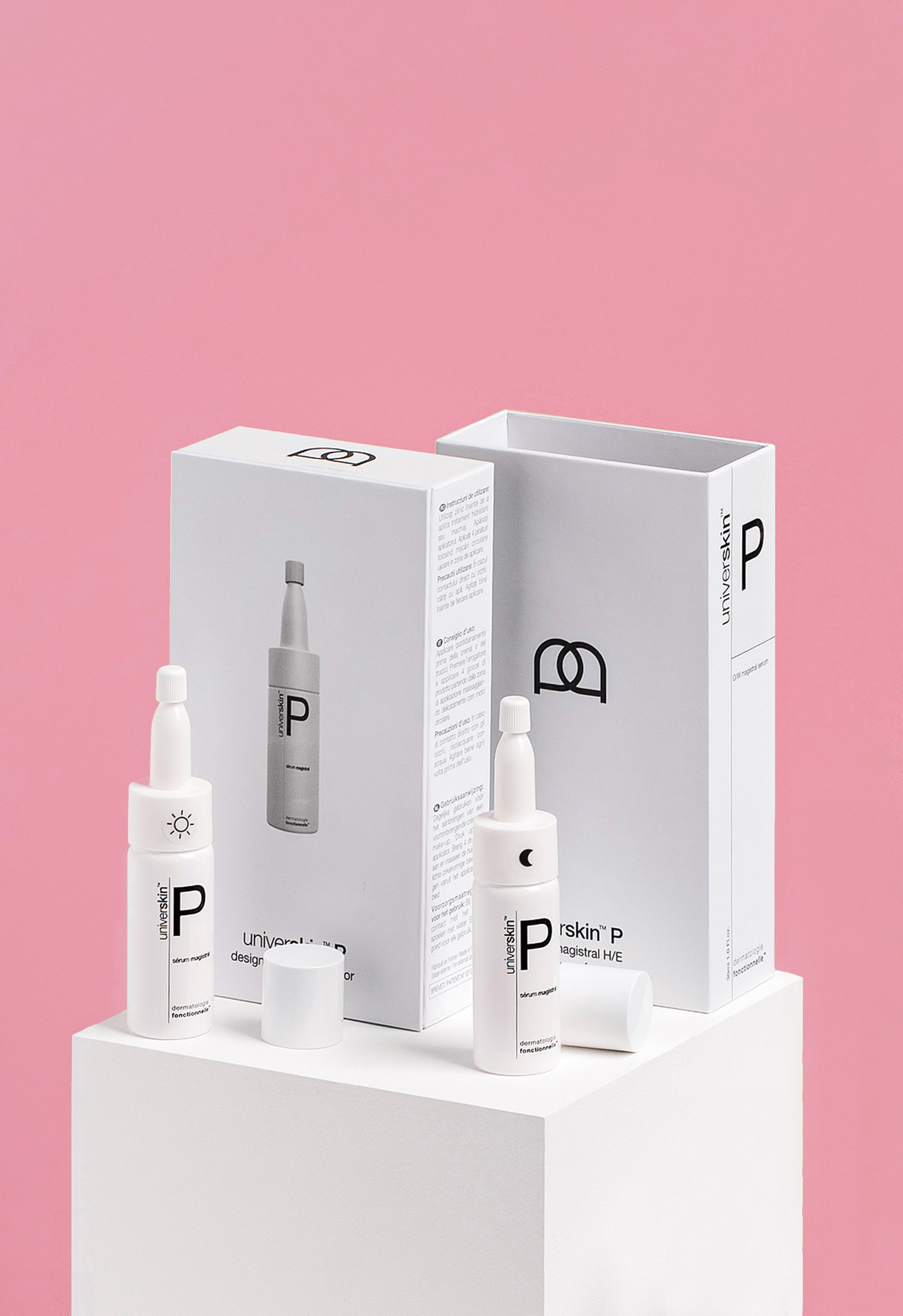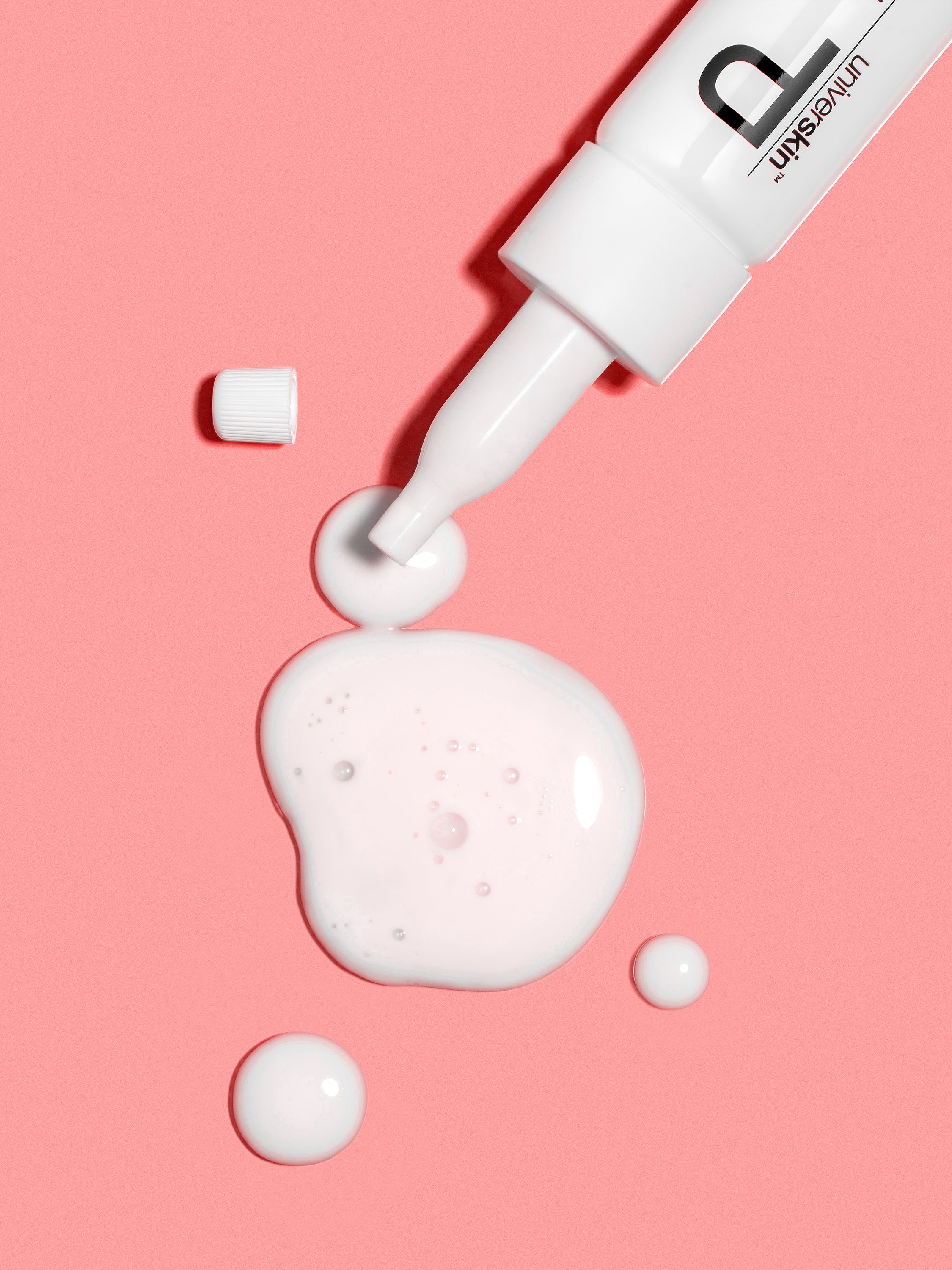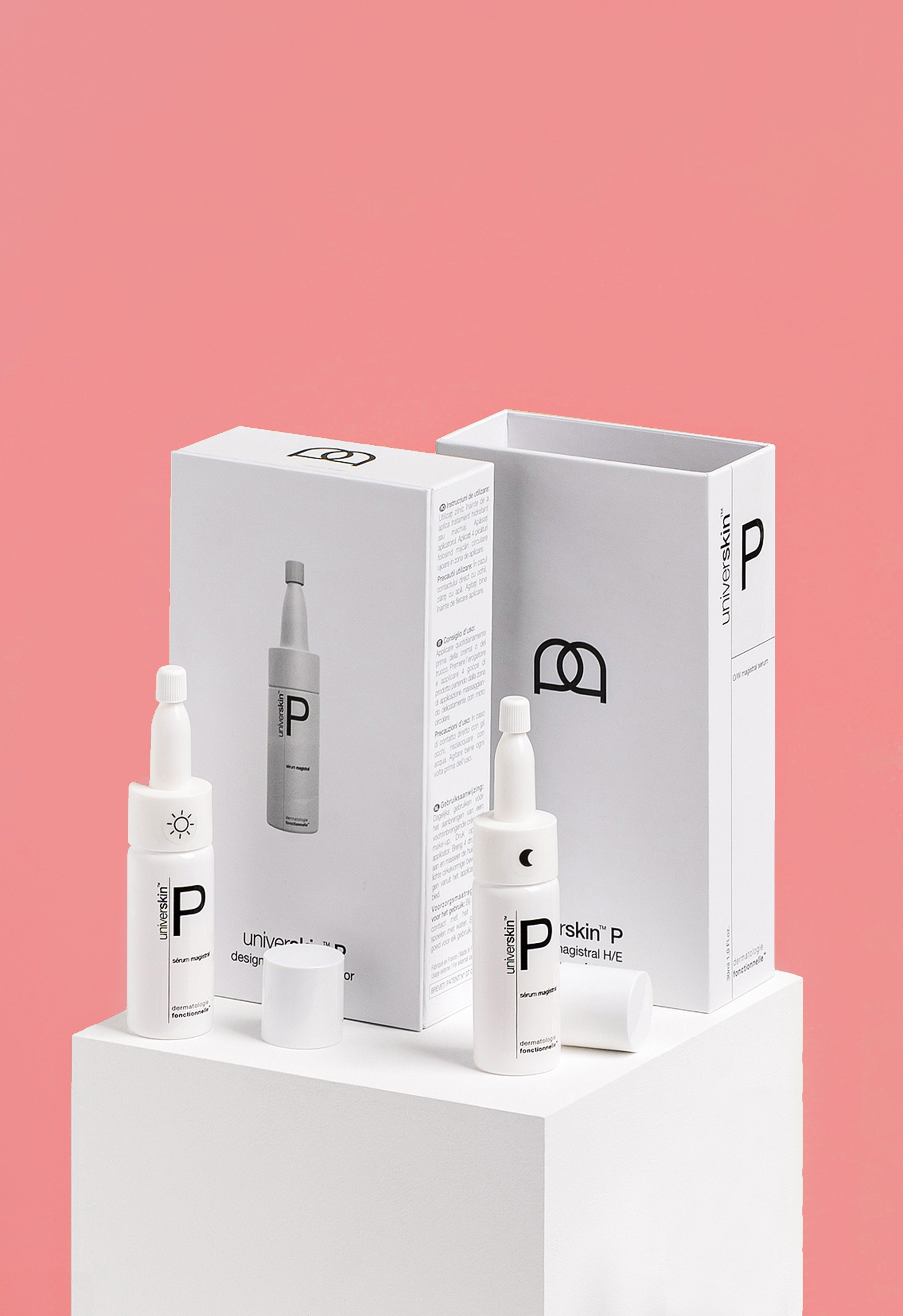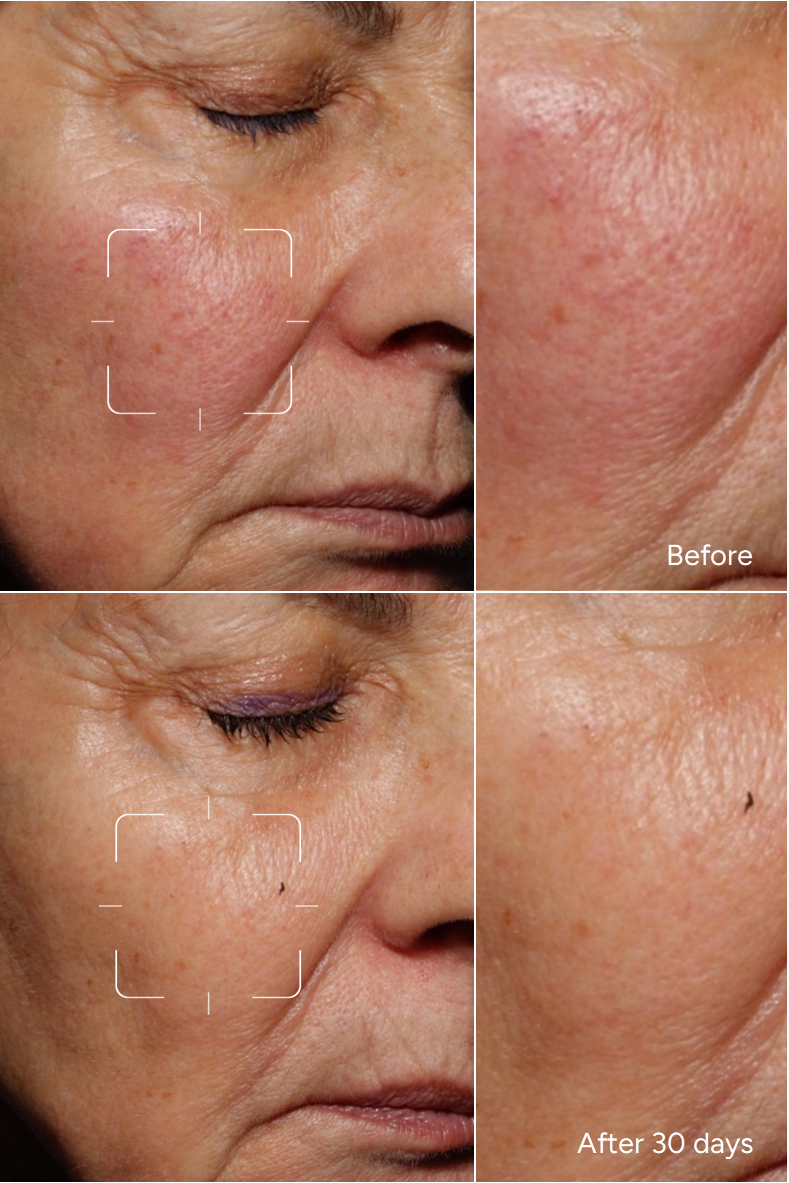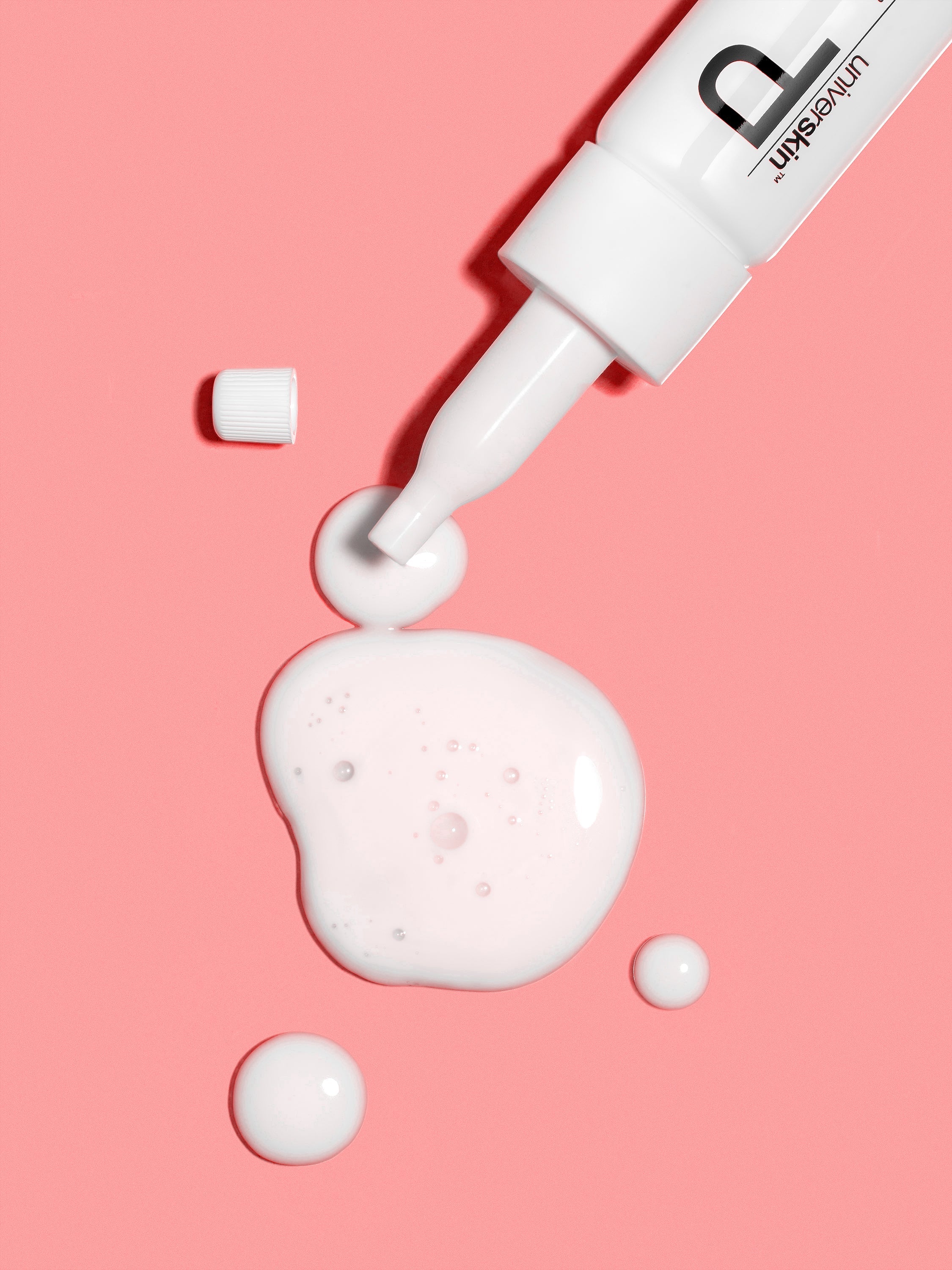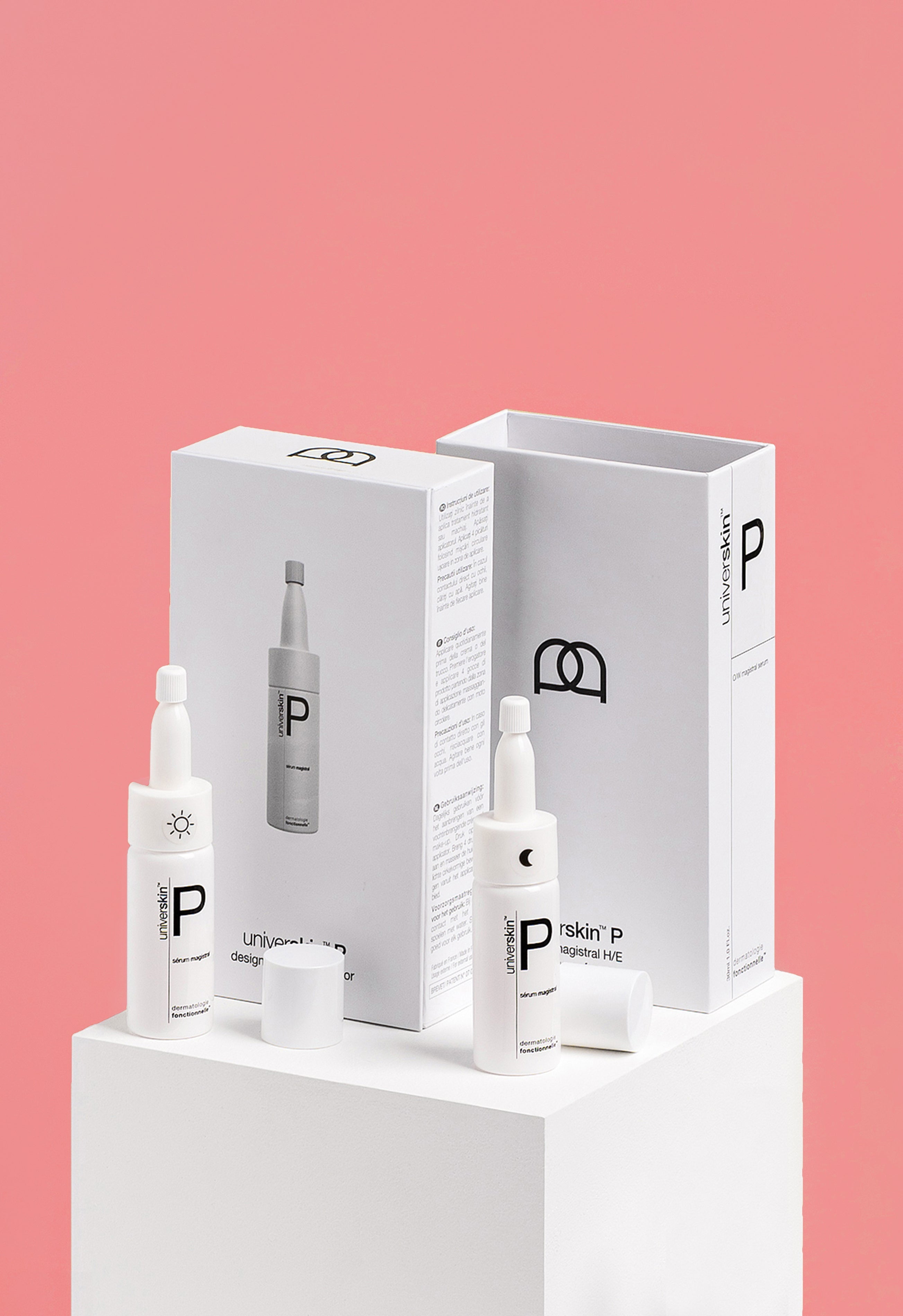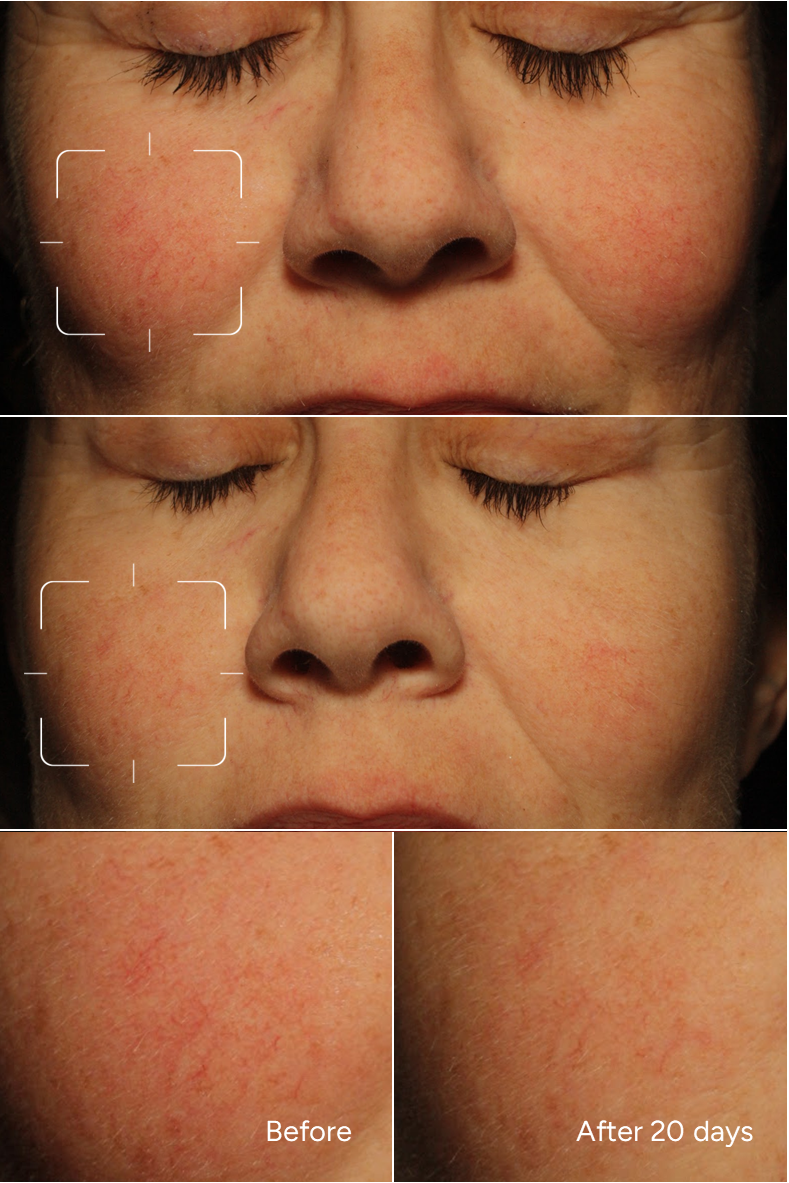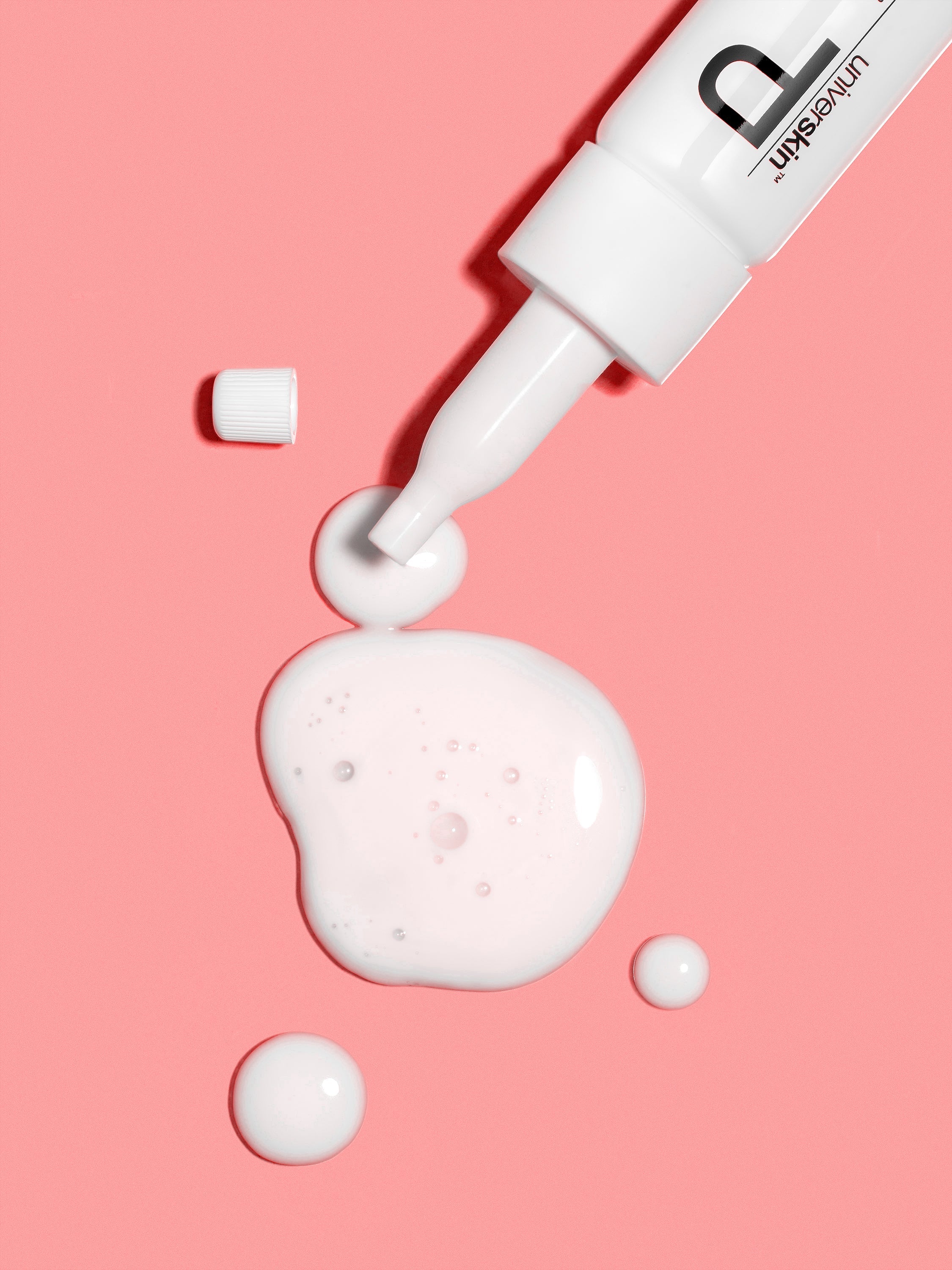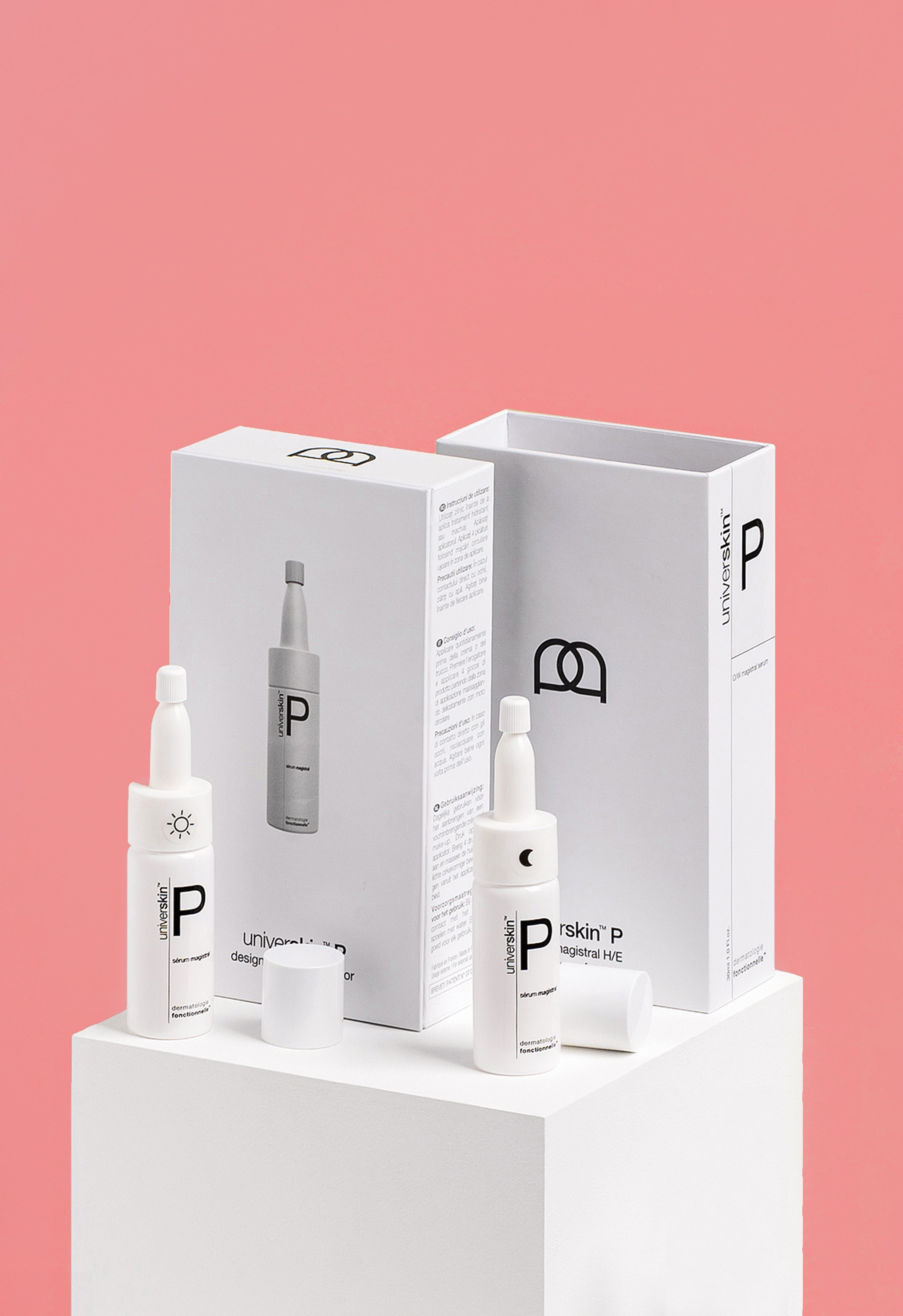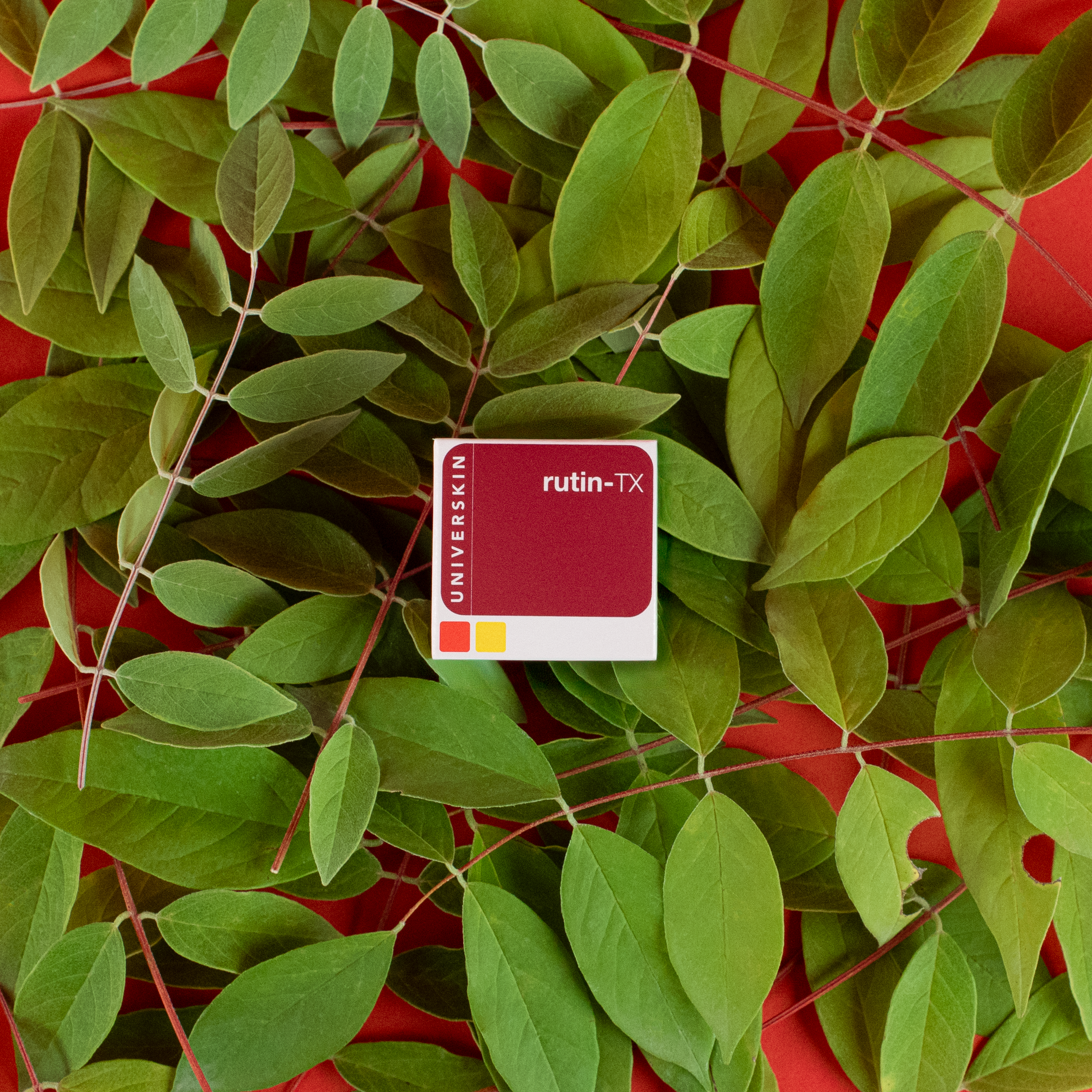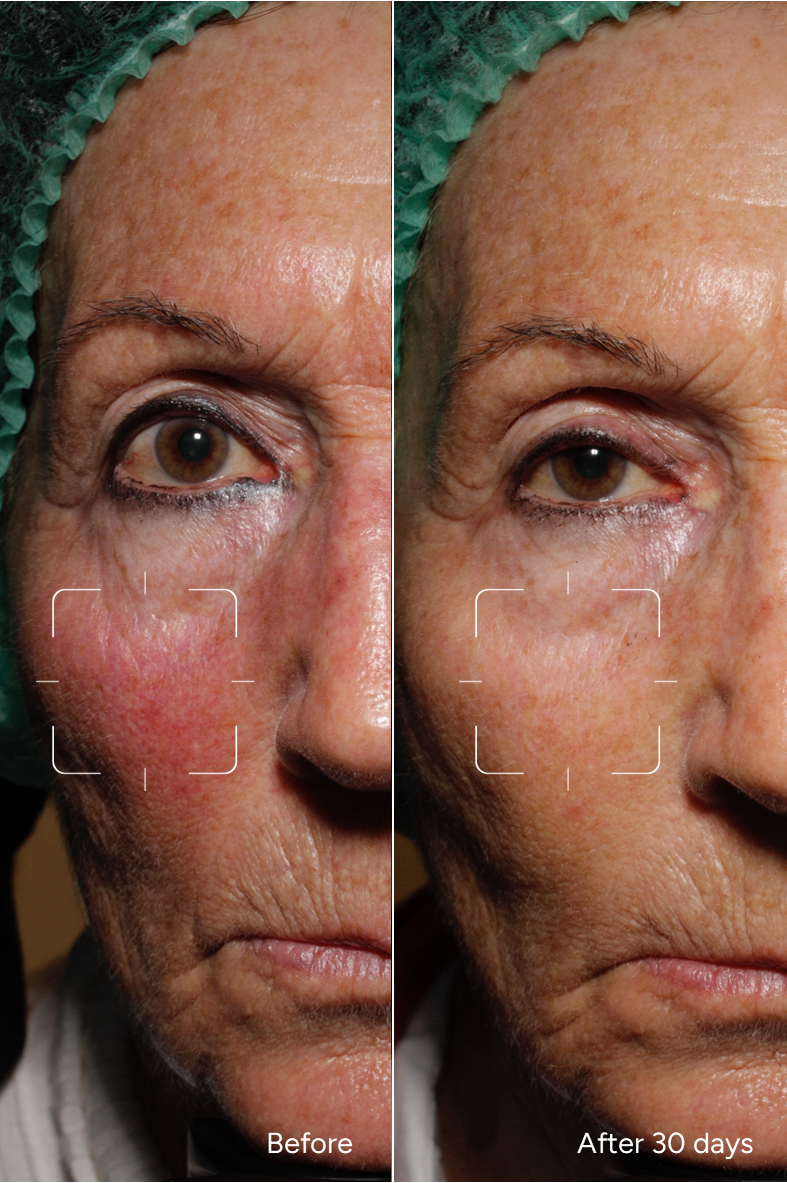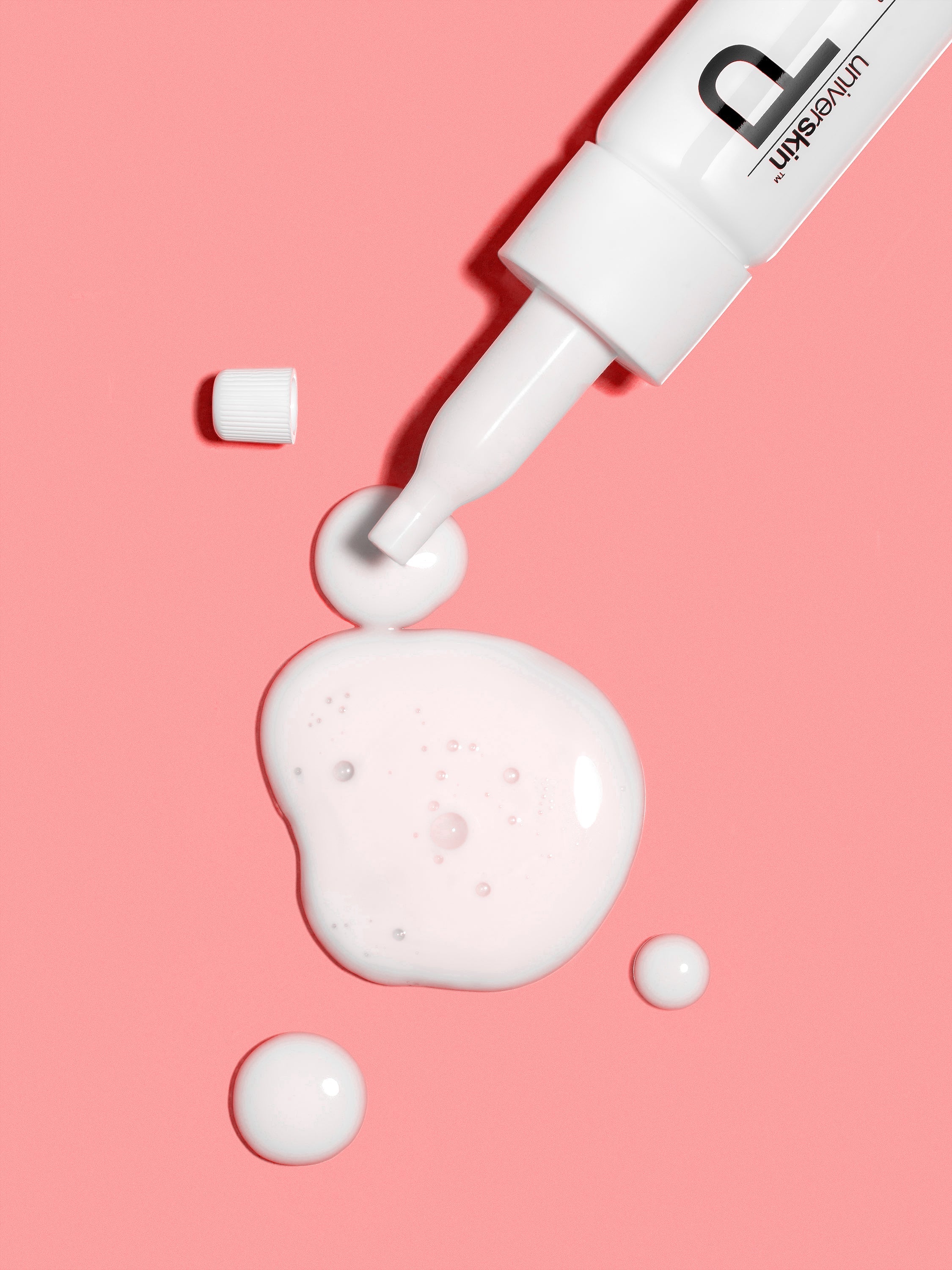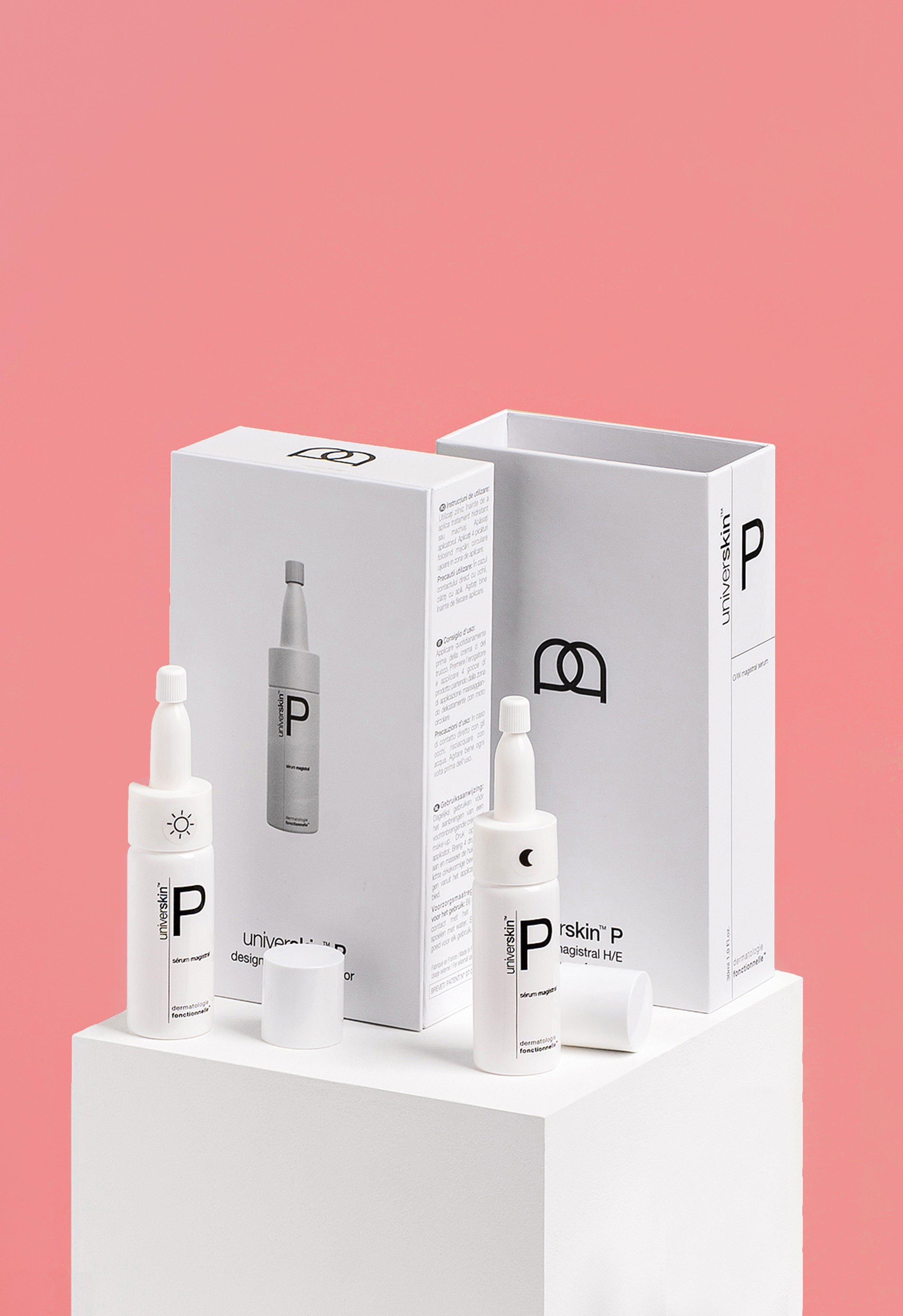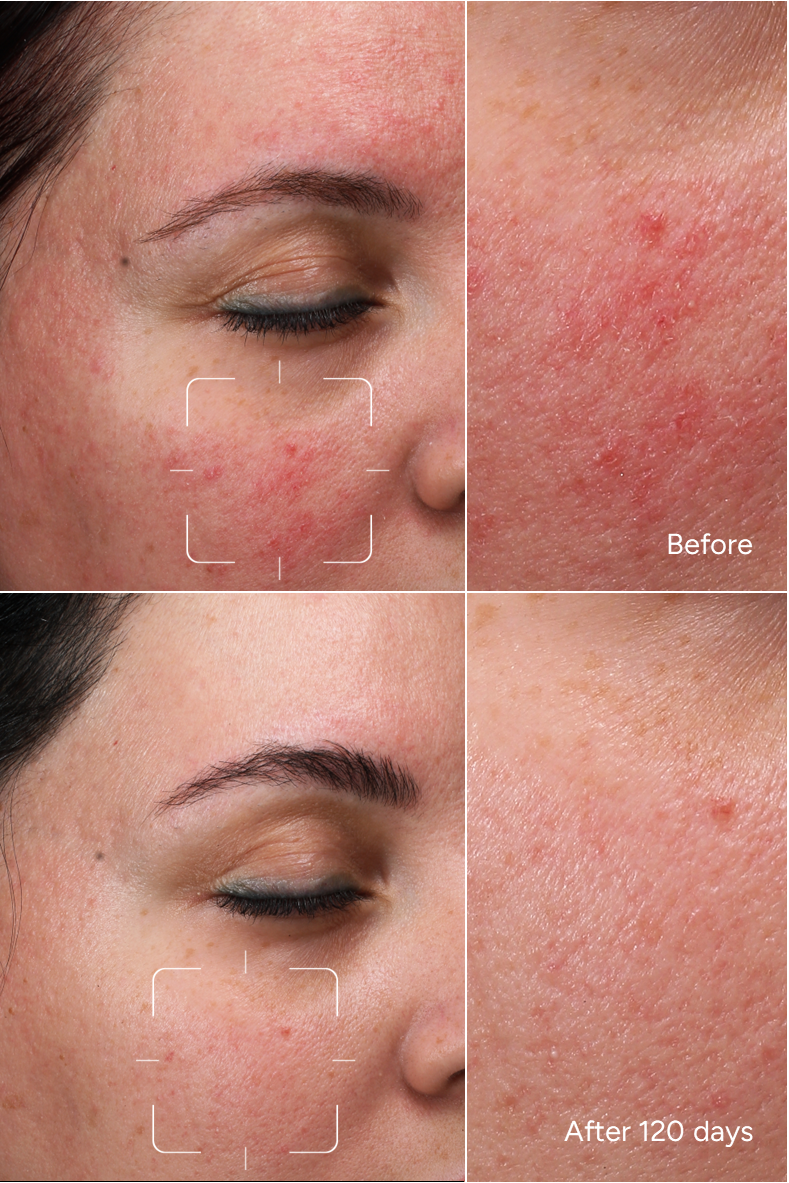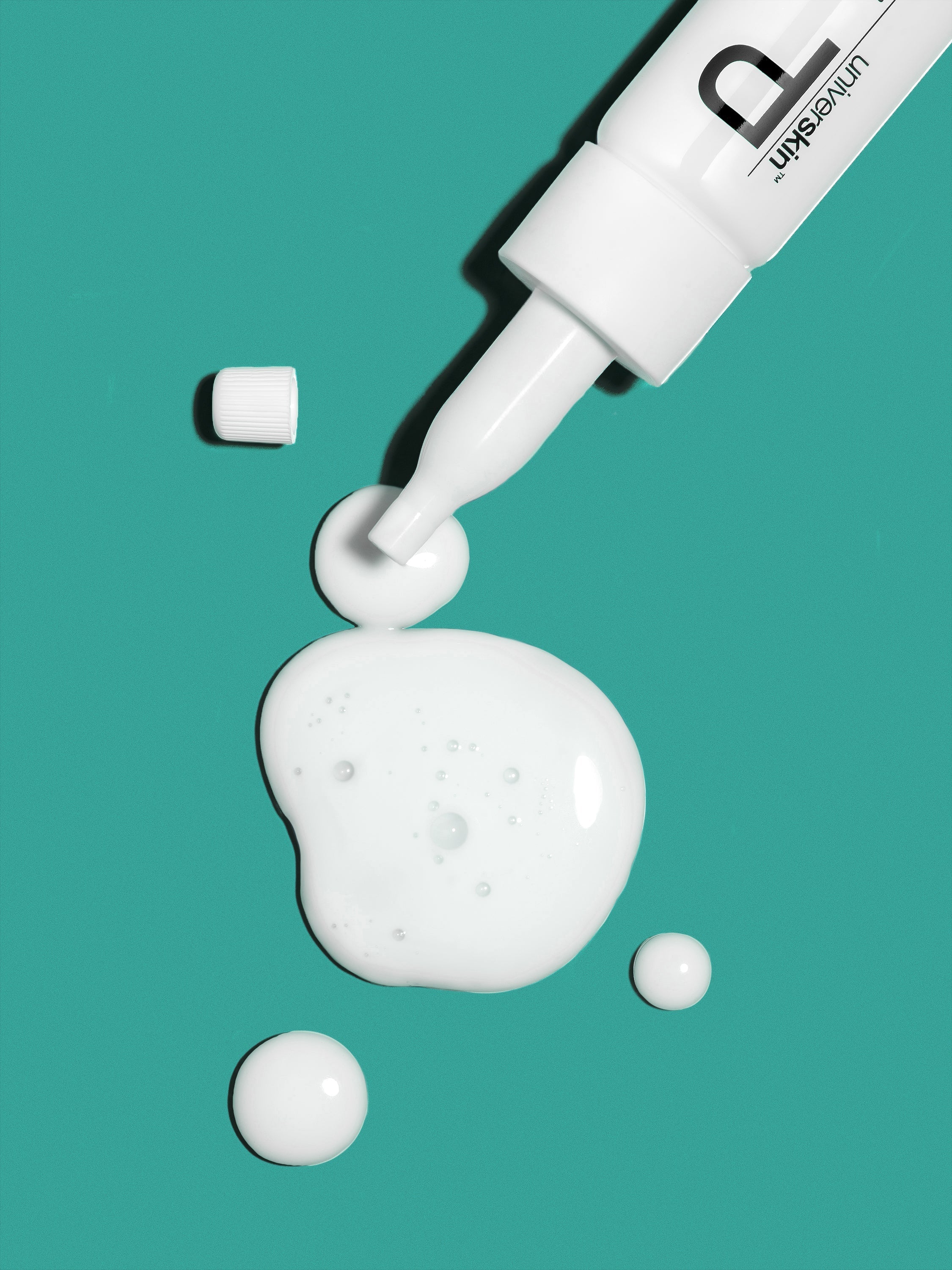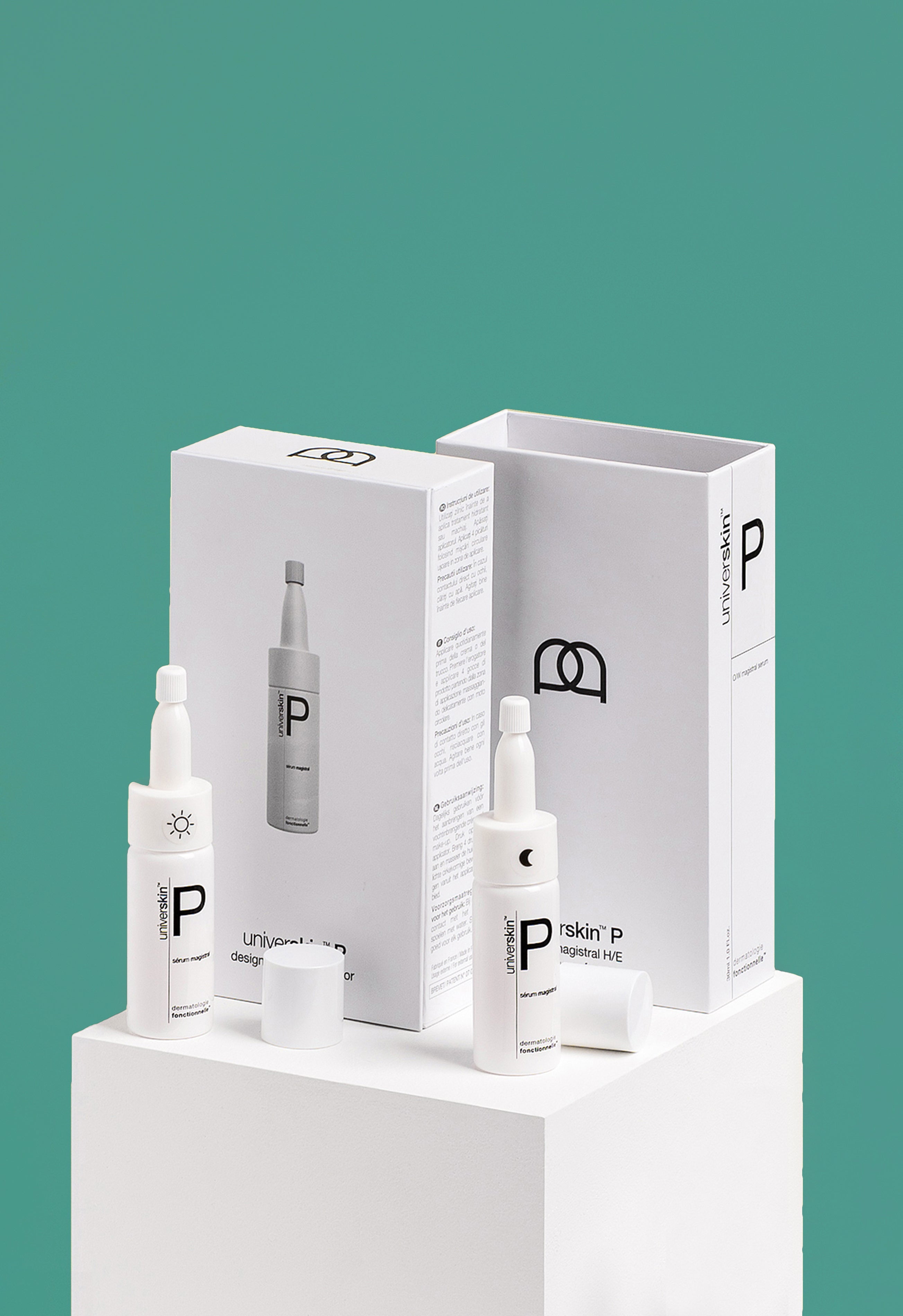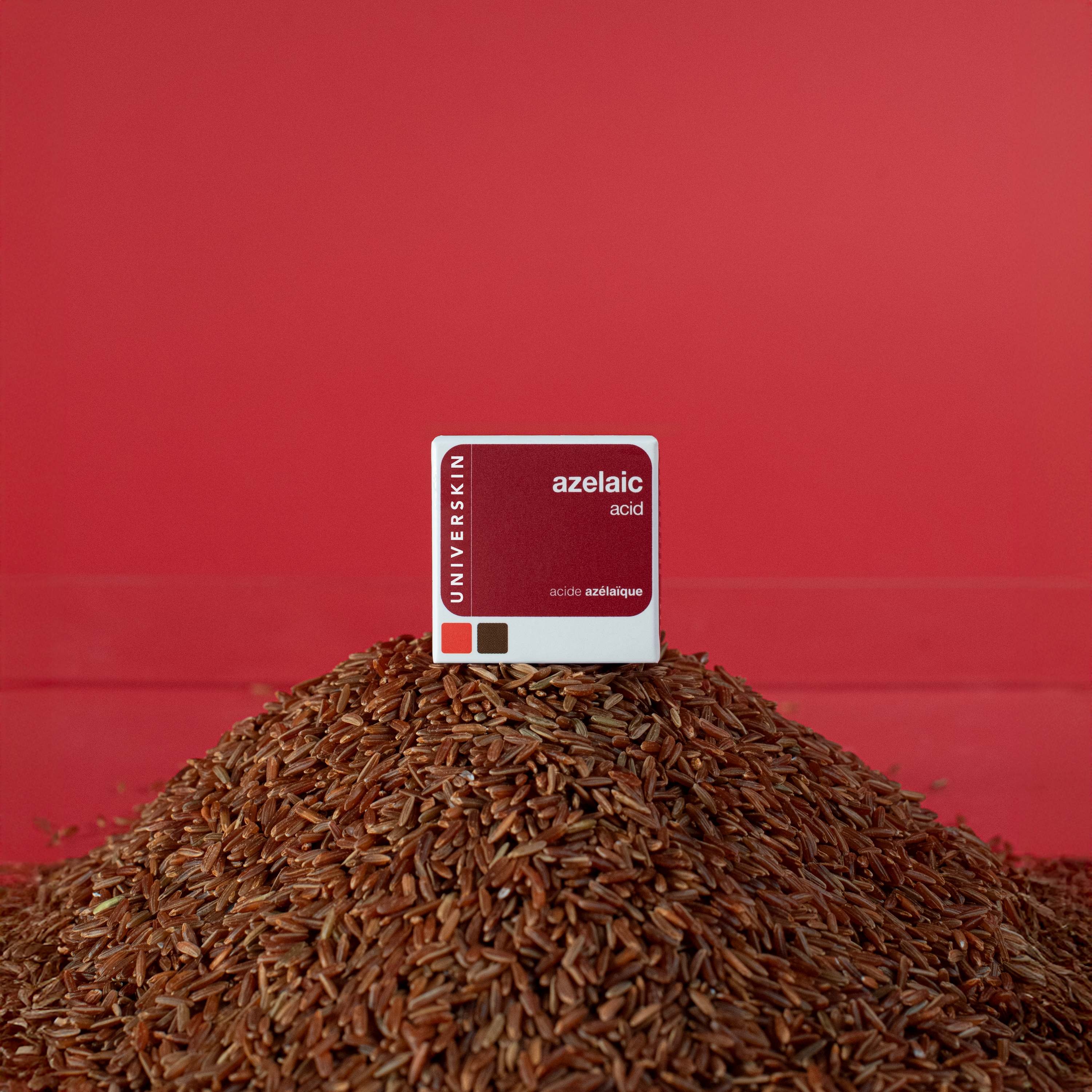
4% PER DOSE
NIACINAMIDE
NIACINAMIDE
Niacinamide, also known as nicotinamide, vitamin B3 or even vitamin PP, is the active form of niacin that is necessary for the proper functioning of the body by helping to convert nutrients into energy. Niacinamide is one of the most powerful ingredients in skincare today. It's a versatile active ingredient that can provide a wide range of benefits for skin, from reducing inflammation and pigmentation to improving elasticity and moisture levels. It's an especially good choice for those with sensitive, irritated, acne-prone, aging, or dry skin.
Concentration
The concentration of niacinamide in skincare products varies, but it is typically found in concentrations from 2% to 20% Universkin provides niacinamide at 4%.
Who Should Use It
Niacinamide is suitable for all skin types, including those with sensitive and reactive skin. It can be used by anyone looking to improve the overall health and appearance of their skin, including those with acne, increased oil production, dryness, dullness, dark spots, and wrinkles. For those with irritated, sensitive, and reactive skin, niacinamide can help reduce redness, inflammation, and discomfort. In addition, those with acne-prone skin can use niacinamide to help regulate oil production and balance the skin's pH level. With its versatility and countless skin benefits, niacinamide is an excellent choice for any skin type.
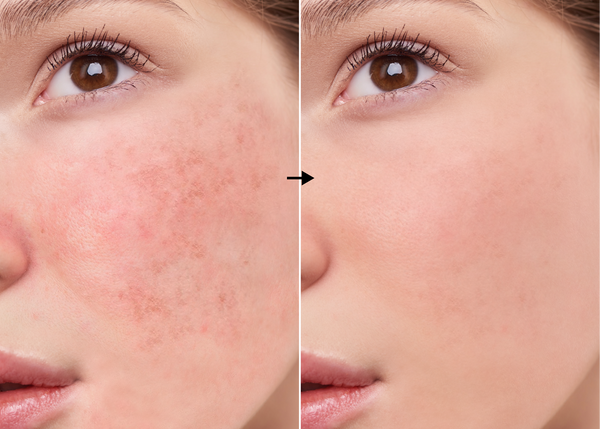
Can Be Used In Combination With
Niacinamide works synergistically with other active ingredients to target various skin concerns; when combined with ingredients like vitamin C, kojic acid, or arbutin, it helps improve brown spots and patches. In the fight against skin aging, niacinamide can be paired with retinol, vitamin C, isoflavones, peptides, SOD, ferulic acid, madecassoside, for example. For those struggling with excess oil production, acne and opened pores, niacinamide can be used in conjunction with ingredients like azelaic acid, salicylic acid, and zinc.
How Often Can You Use It
Niacinamide can be used dailyin the morning and/or at night.
Don't Use It If
Niacinamide is suitable for all skin types. If you have very sensitive skin or allergies, it is always recommended to test products on a small skin area before using them on the face.
Origins of the Ingredient

Niacinamide or Vitamin B3, is a water-soluble vitamin that is naturally occurring in many foods including yeast, meat, fish, and cereal grains. It was first isolated from liver in the year 1937 and has since been recognized for its numerous benefits for the human body and skin. In the cosmetic industry, niacinamide is widely used in skincare products due to its unique properties and effectiveness in addressing various skin concerns.
Universkin experts know that not all niacinamide raw materials are created equal. It is why they have selected the best available grade of niacinamide to avoid any risk of residual nicotinic acid, a potential skin irritant.
Chemical Composition
Niacinamide is a derivative of Vitamin B3 and is chemically represented as pyridine-3-carboxamide. Its molecular formula is C6H6N2O and its molecular weight is 122.12 g/mol. Niacinamide is a colorless and odorless crystalline powder that is soluble in water, ethanol, and methanol.

Mechanism of Action
Niacinamide works by providing energy to the skin, which helps in the proper functioning of the skin cells. Niacinamide works by boosting the production of ceramides and fatty acids, which are essential components of the skin's natural protective barrier. It also helps to improve the skin's elasticity and firmness, reducing the appearance of fine lines and wrinkles. Additionally, niacinamide has been shown to reduce redness and improve the overall appearance of the skin by increasing the production of collagen and regulating the transfer of melanin to the upper skin layers.
Benefits
Niacinamide has a range of benefits for the skin. It helps to reduce redness, minimize the appearance of dilated pores, and improve the skin's overall tone and texture by reducing the production of melanin and increasing the production of collagen. Additionally, niacinamide has been shown to help protect the skin against oxidative stress, improving its overall health and appearance. It also helps to hydrate and moisturize the skin, reducing the appearance of dryness and improving its overall radiance.
Stability
In addition to its benefits, niacinamide is also highly stable.
In conclusion, Niacinamide is an extraordinary and versatile cosmetic ingredient, offering a wide range of cutaneous benefits. Thanks to its well-tolerated nature and lack of degradation, niacinamide can be used in a variety of cosmetic products suitable for both young and old skin. It is an excellent choice for those looking for a reliable and effective skin care solution.
Featured collection


